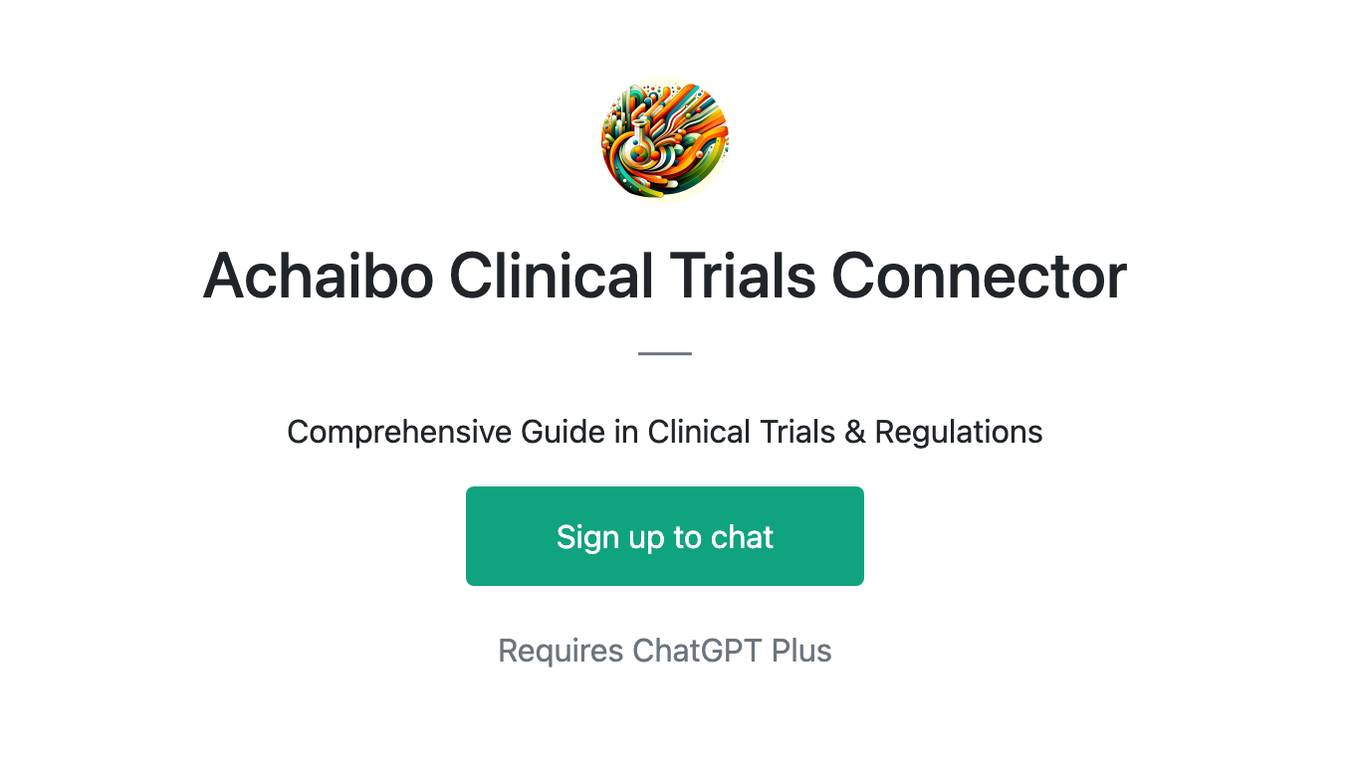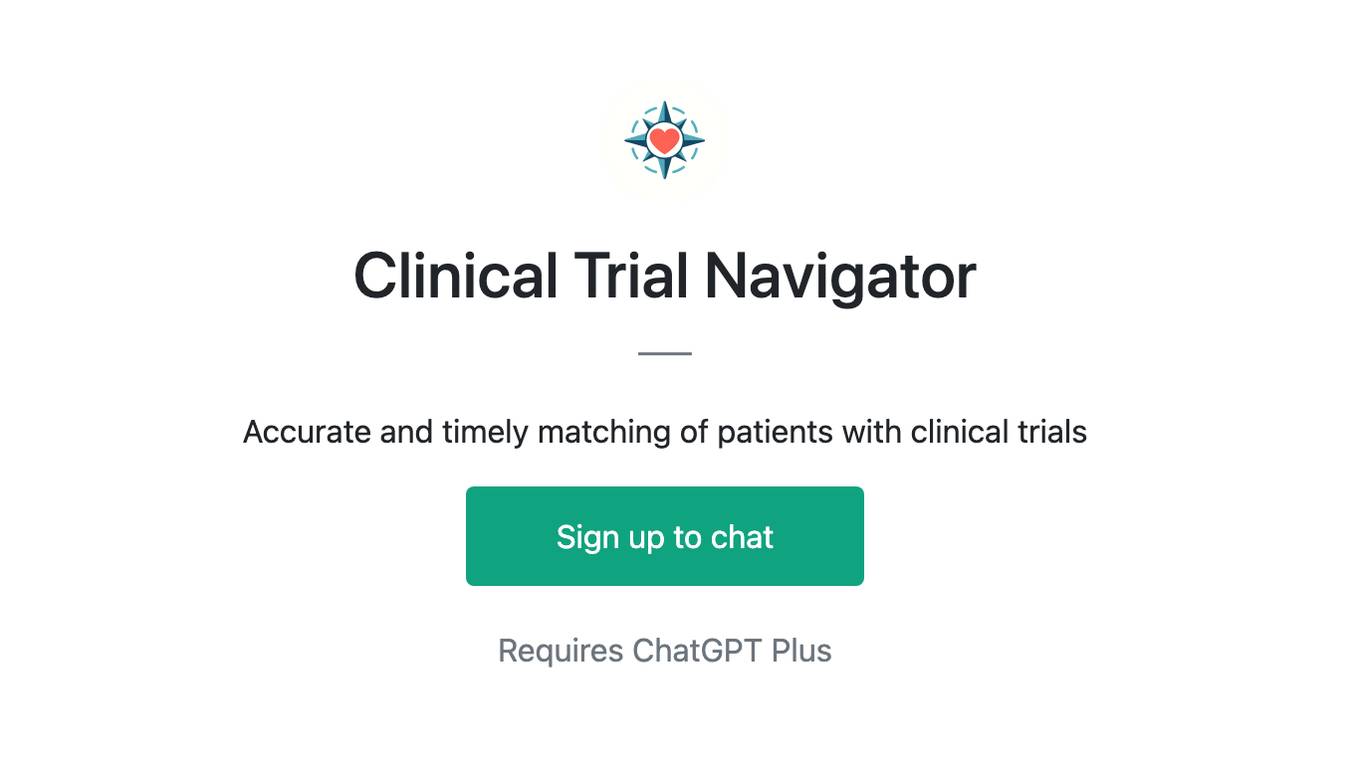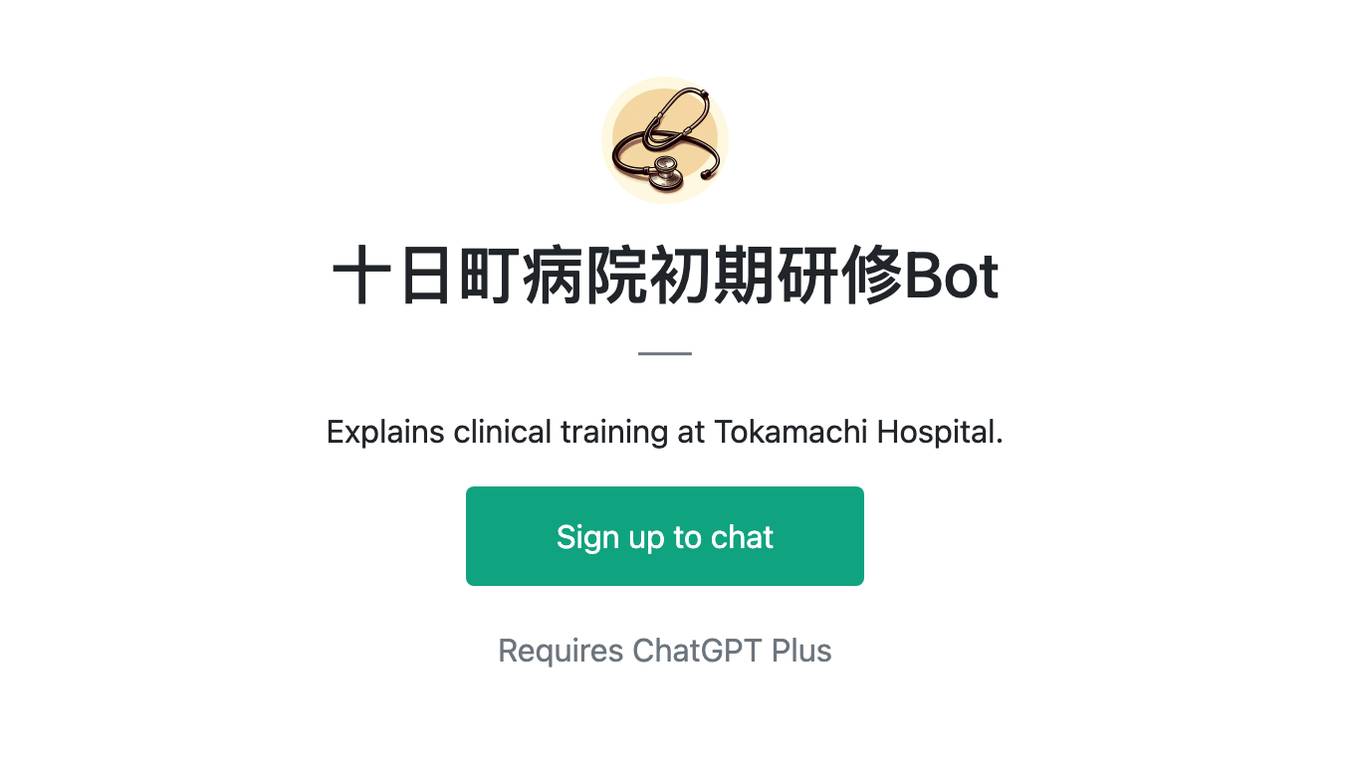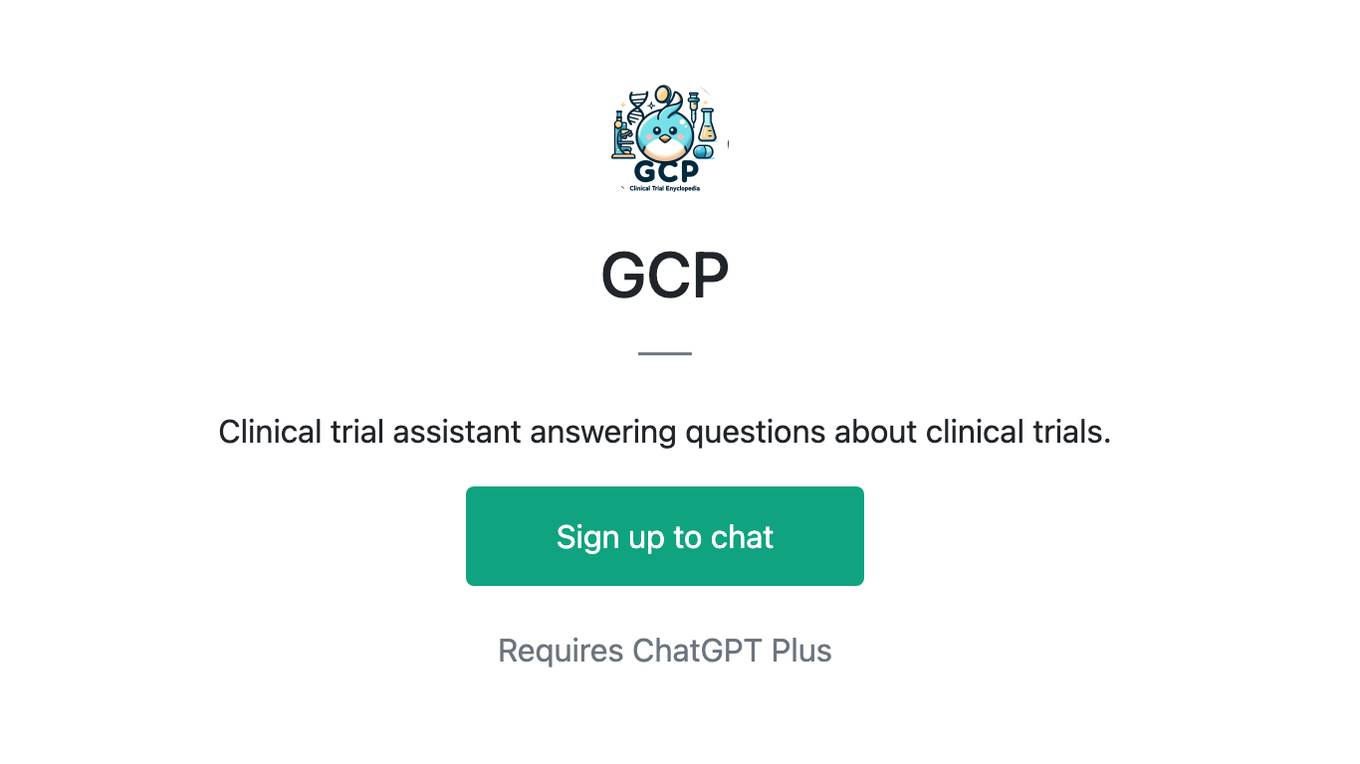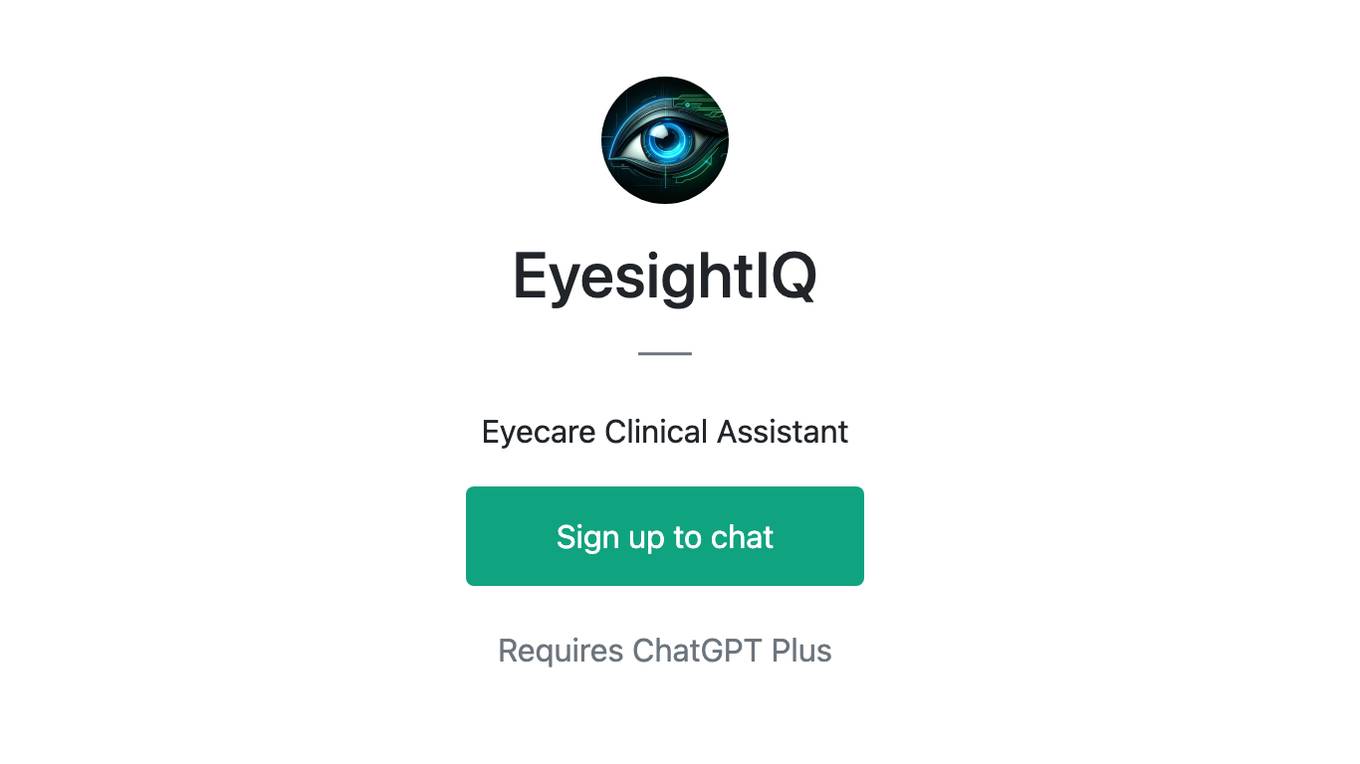Best AI tools for< Clinical Psychologist >
Infographic
20 - AI tool Sites
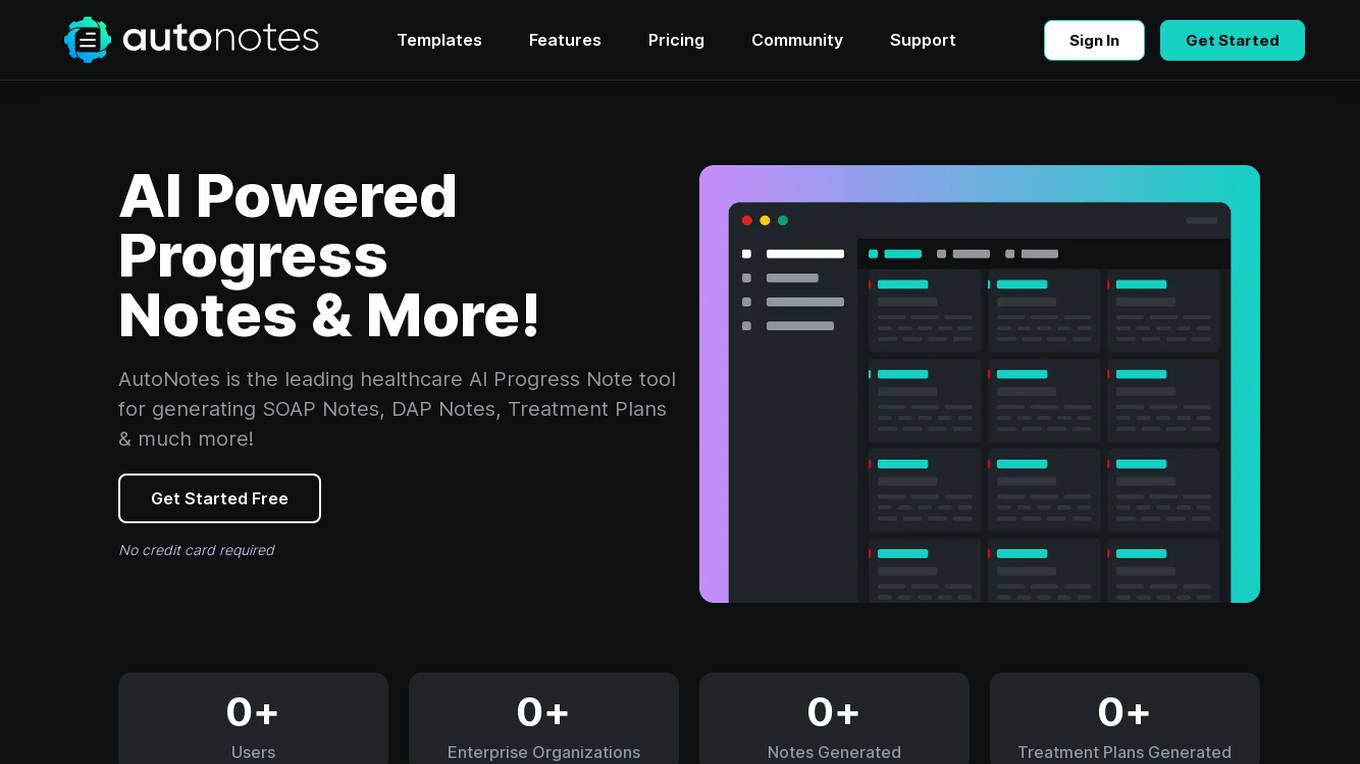
AutoNotes
AutoNotes is a leading healthcare AI Progress Note tool that offers AI-powered clinical documentation templates for generating SOAP Notes, DAP Notes, Treatment Plans, and more. It provides a user-friendly interface for therapists and healthcare professionals to create detailed and customizable clinical notes efficiently. With features like summarizing sessions, editing and downloading notes, and simple pricing plans, AutoNotes aims to streamline the documentation process in healthcare settings. The platform also offers advanced features like template customization, secure document storage, and dictation for voice-to-text conversion. Users can benefit from the platform's customization options, seamless integration with workflows, and responsive customer support.
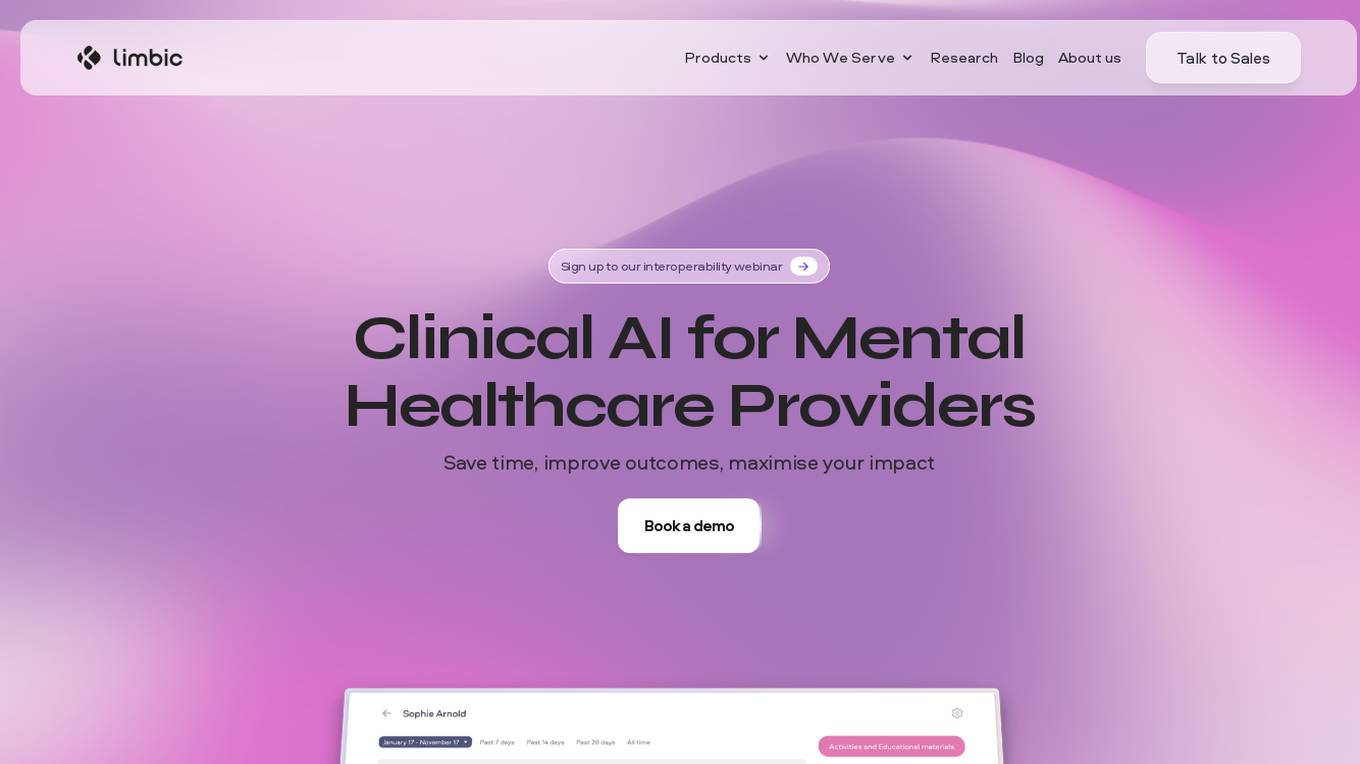
Limbic
Limbic is a clinical AI application designed for mental healthcare providers to save time, improve outcomes, and maximize impact. It offers a suite of tools developed by a team of therapists, physicians, and PhDs in computational psychiatry. Limbic is known for its evidence-based approach, safety focus, and commitment to patient care. The application leverages AI technology to enhance various aspects of the mental health pathway, from assessments to therapeutic content delivery. With a strong emphasis on patient safety and clinical accuracy, Limbic aims to support clinicians in meeting the rising demand for mental health services while improving patient outcomes and preventing burnout.
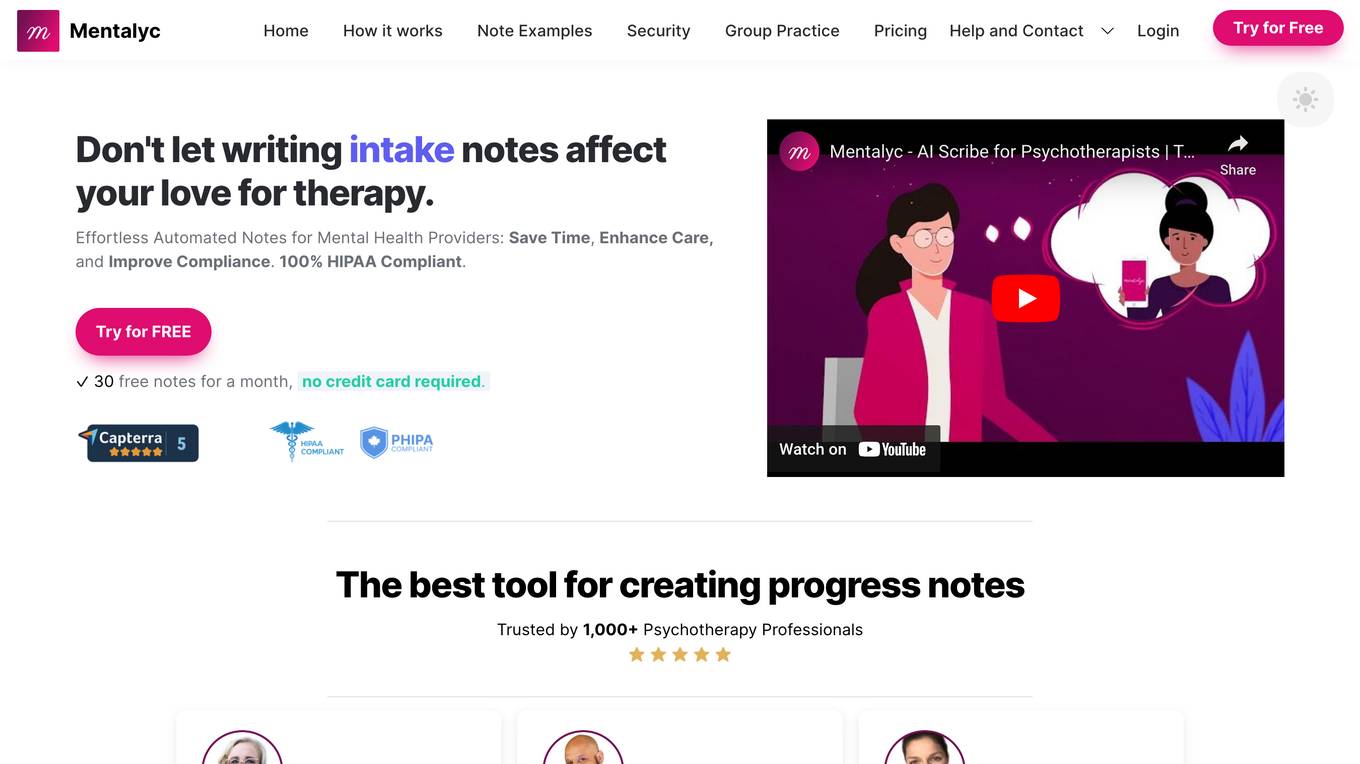
Mentalyc
Mentalyc is an AI psychotherapy progress notes tool designed for mental health providers. It offers effortless automated notes and treatment plans, saving time, enhancing care, and improving compliance. The tool is 100% HIPAA compliant and trusted by over 20,000 mental health professionals. Mentalyc helps therapists in solo or group practices by automatically transcribing and summarizing therapy sessions, allowing for more efficient note-taking and better client care.
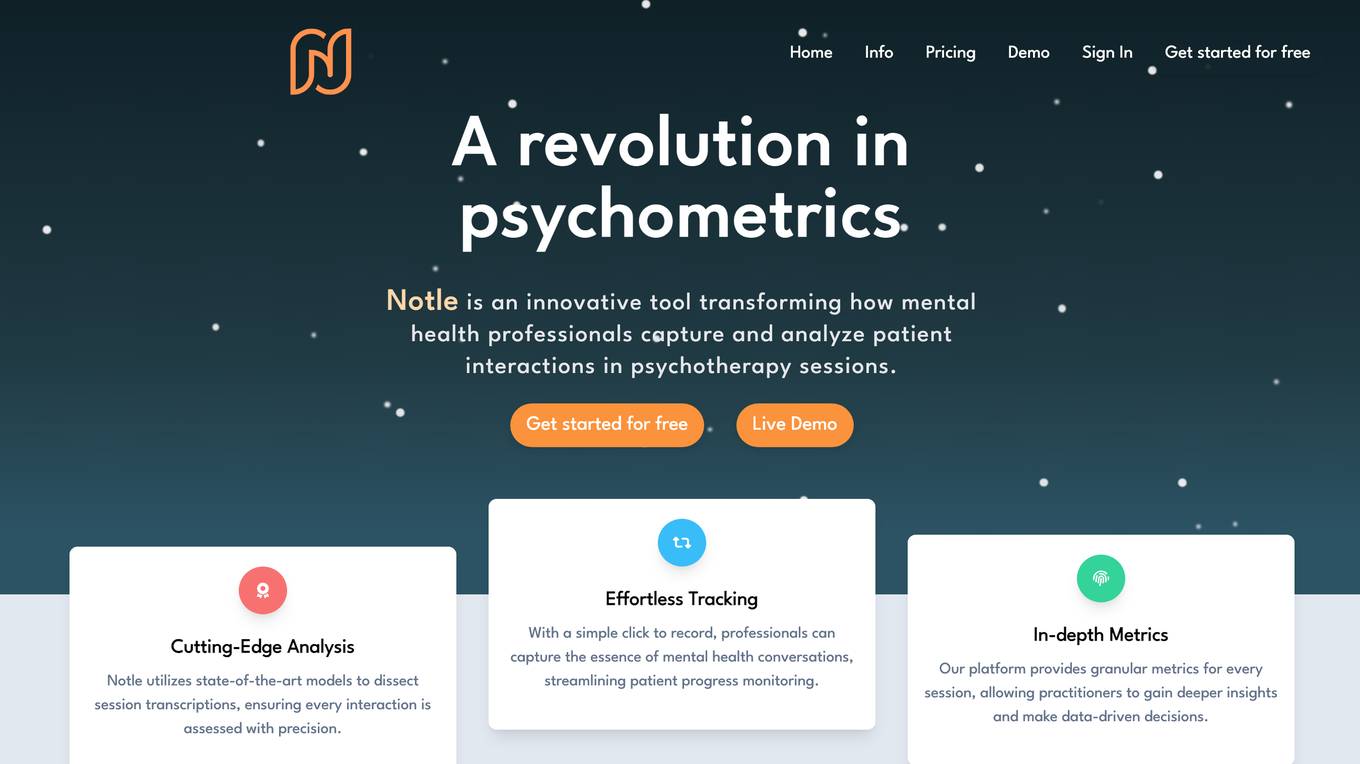
Notle AI
Notle AI is a first-of-its-kind platform designed to transform therapy practices for mental health professionals. It offers real-time analysis of therapy sessions, comprehensive psychological metrics tracking, smart documentation generation, progress analytics visualization, enterprise-level security, and personalized intervention suggestions based on patient data patterns. The platform seamlessly integrates into therapists' workflows to provide powerful insights without disrupting the therapeutic process. Notle AI also features advanced analytics for predictive mental health forecasting, early detection systems, personalized action plans, and proactive care strategies for better patient outcomes.
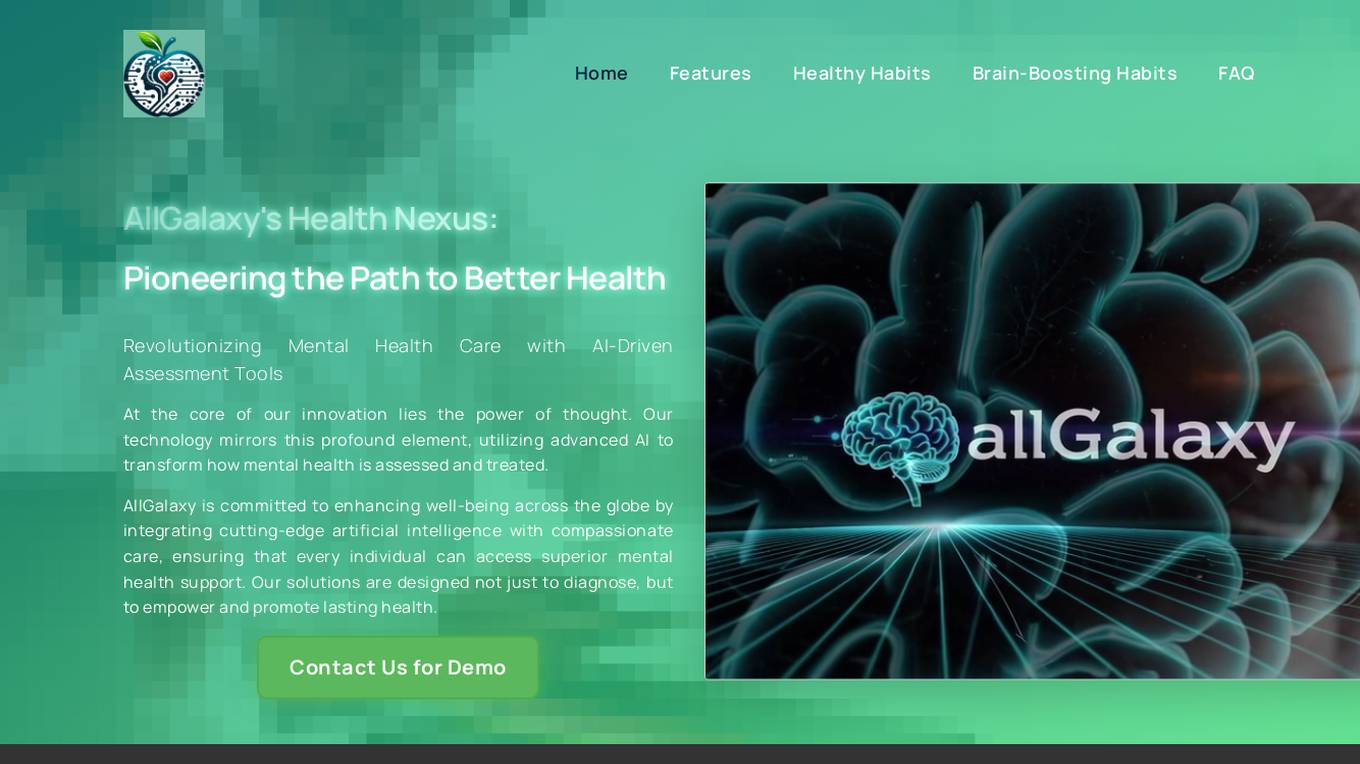
AllGalaxy
AllGalaxy is a pioneering platform revolutionizing mental health care with AI-driven assessment tools. It integrates cutting-edge artificial intelligence with compassionate care to enhance well-being globally. The platform offers advanced tools like the Health Nexus for mental health assessments, the Advanced Alzheimer's Detection Tool for early diagnostics, and MediMood for real-time mental health assessments. AllGalaxy also provides resources on healthy habits to prevent Alzheimer's and promote brain health.
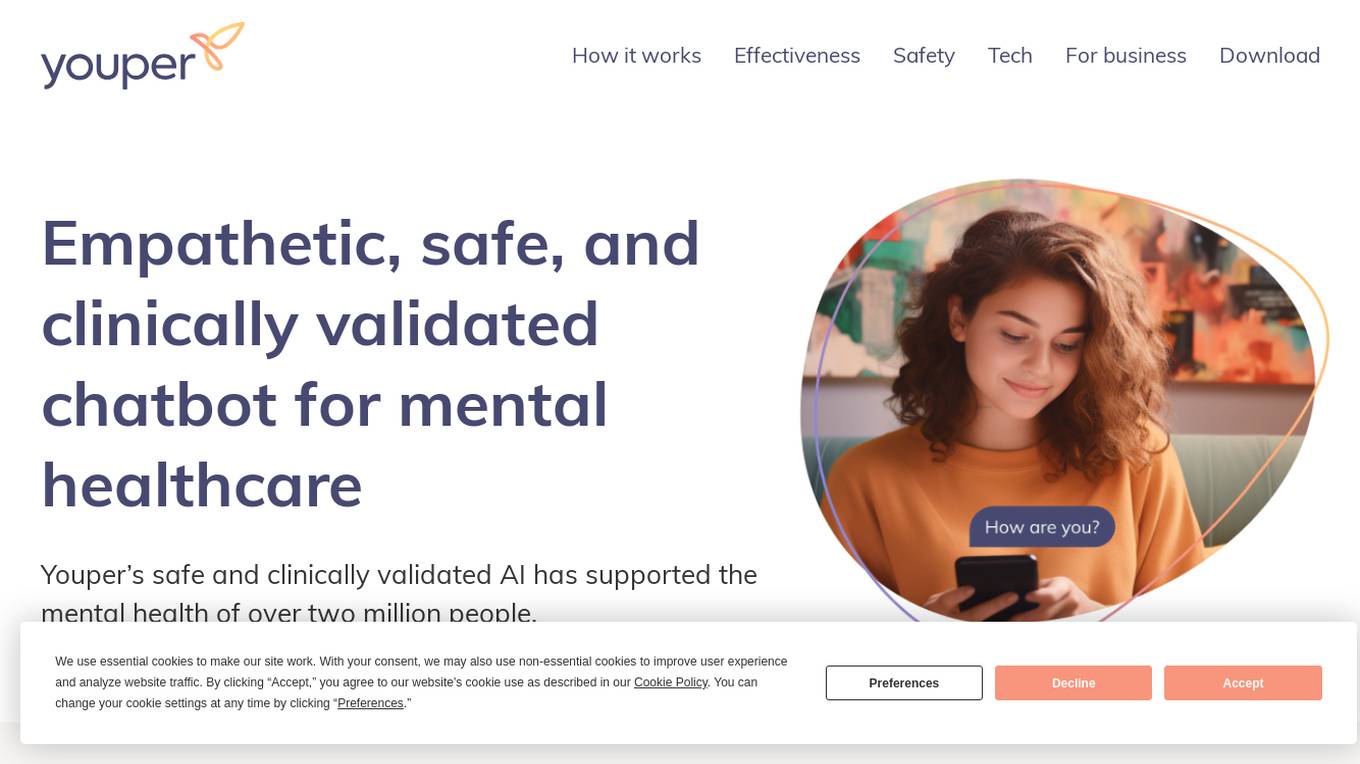
Youper
Youper is an empathetic, safe, and clinically validated AI chatbot designed for mental healthcare. It combines psychology and artificial intelligence to provide support for emotional health issues. Youper has been proven clinically effective at reducing symptoms of anxiety and depression, making mental healthcare accessible to millions of users. The application is used by providers, employers, payers, and life science companies to scale their services and improve mental healthcare outcomes.
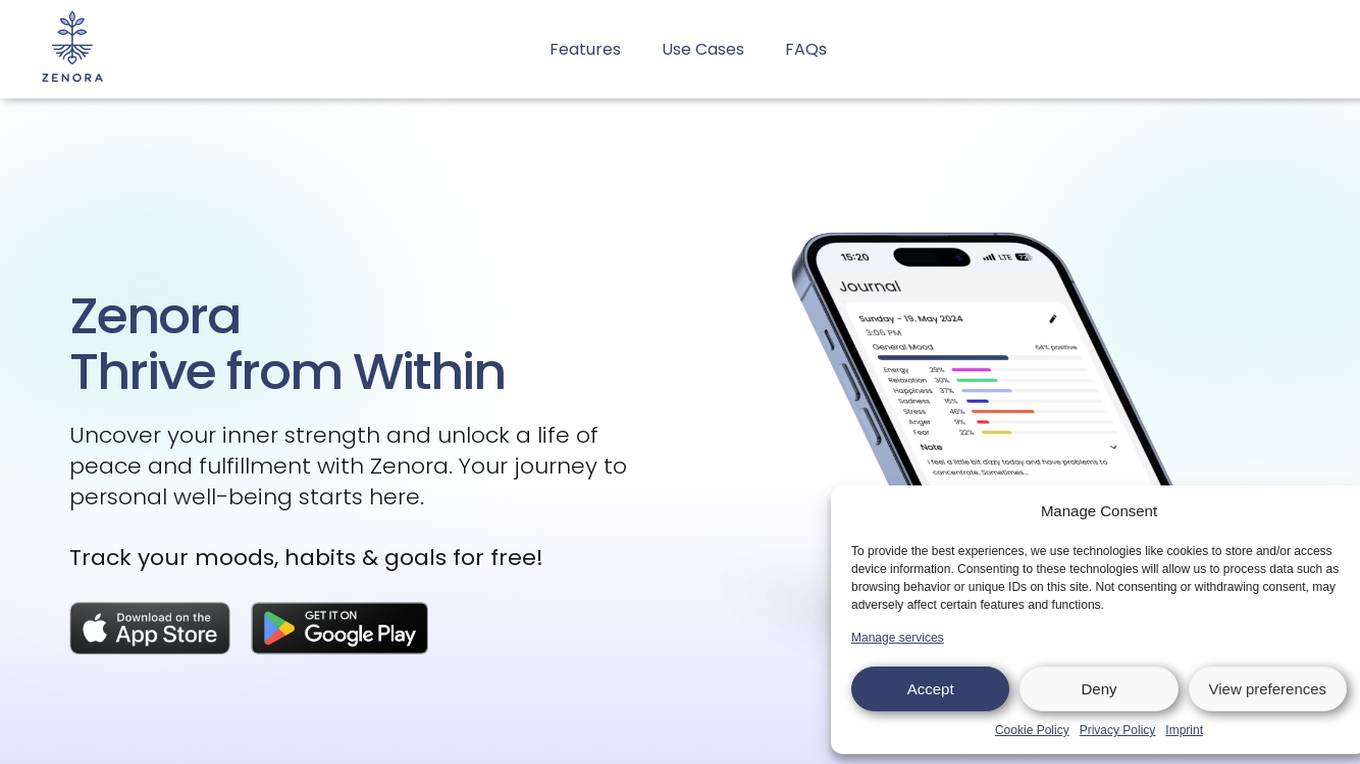
Zenora
Zenora is a mental health AI application that empowers users to uncover their inner strength and achieve peace and fulfillment. Developed by clinical psychologists, Zenora combines advanced AI technology with health psychology principles to provide personalized mental health support. Users can track their moods, habits, and goals for free, engage in AI-guided therapeutic sessions, set and manage personal growth goals, and gain insights into their emotional well-being through in-depth analytics.
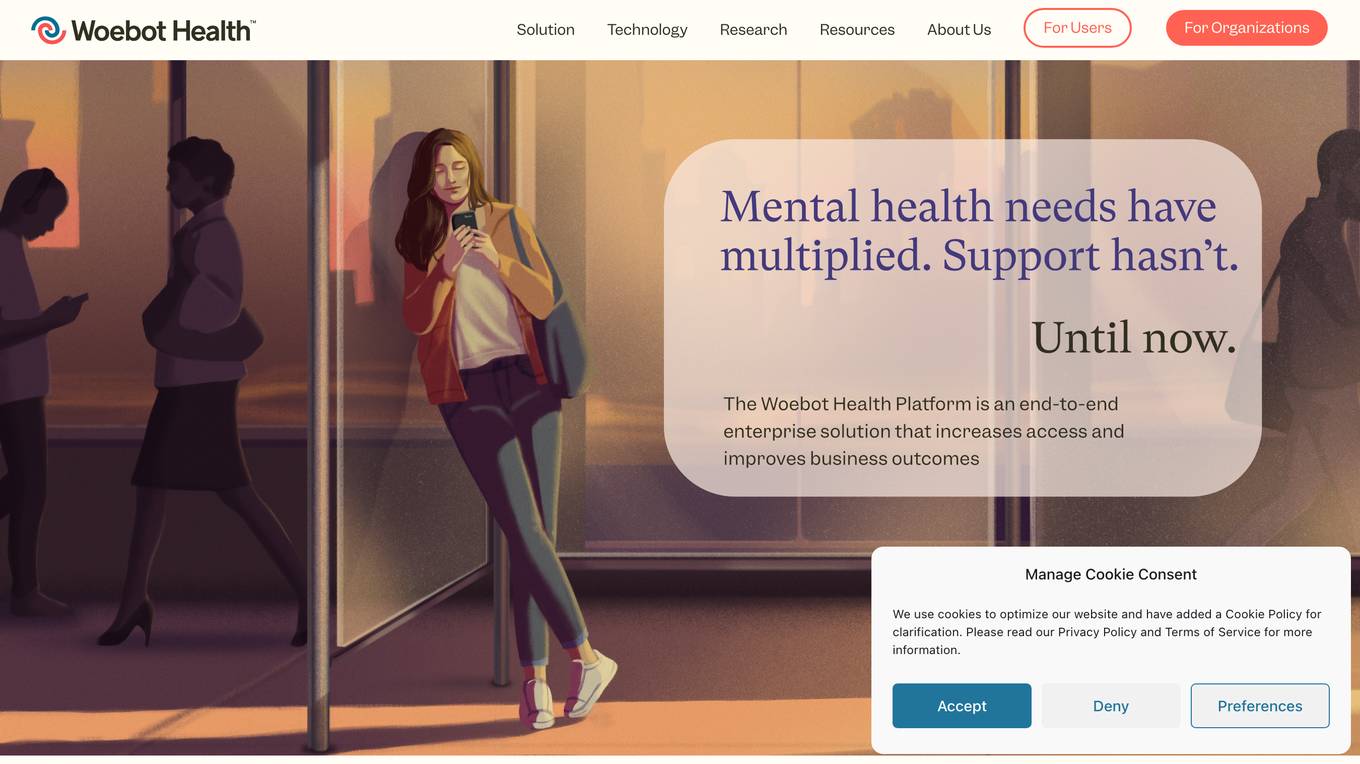
Woebot Health
Woebot Health is a chat-based AI wellness tool that aims to make mental health support radically accessible. Founded in 2017 by clinical research psychologist Dr. Alison Darcy, Woebot Health focuses on providing empathetic and rigorous mental health care through supportive relationships. The tool offers personalized services to improve mental health outcomes and is designed to adapt to the changing needs of individuals and organizations.
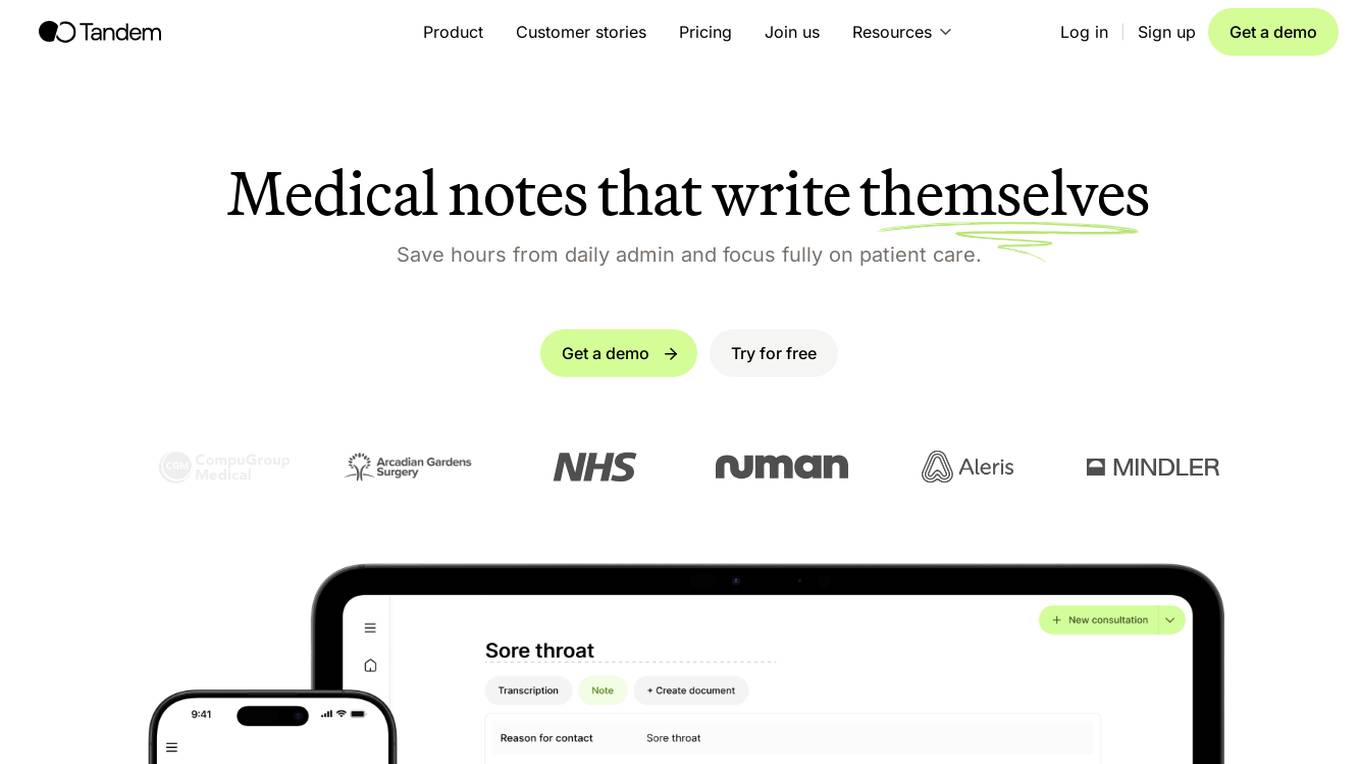
Tandem Health
Tandem Health is an AI medical scribe application that automates clinical notes for healthcare professionals, allowing them to save time on administrative tasks and focus more on patient care. The application supports over 50 specialties, integrates with Electronic Health Records (EHR) systems, and provides features like 1-click EHR transfers, clinical coding, and note generation. Tandem Health prioritizes security and compliance with patient data laws, ensuring that all data is handled securely and within the EU. The application has received positive feedback from healthcare professionals for its accuracy and efficiency in clinical documentation.
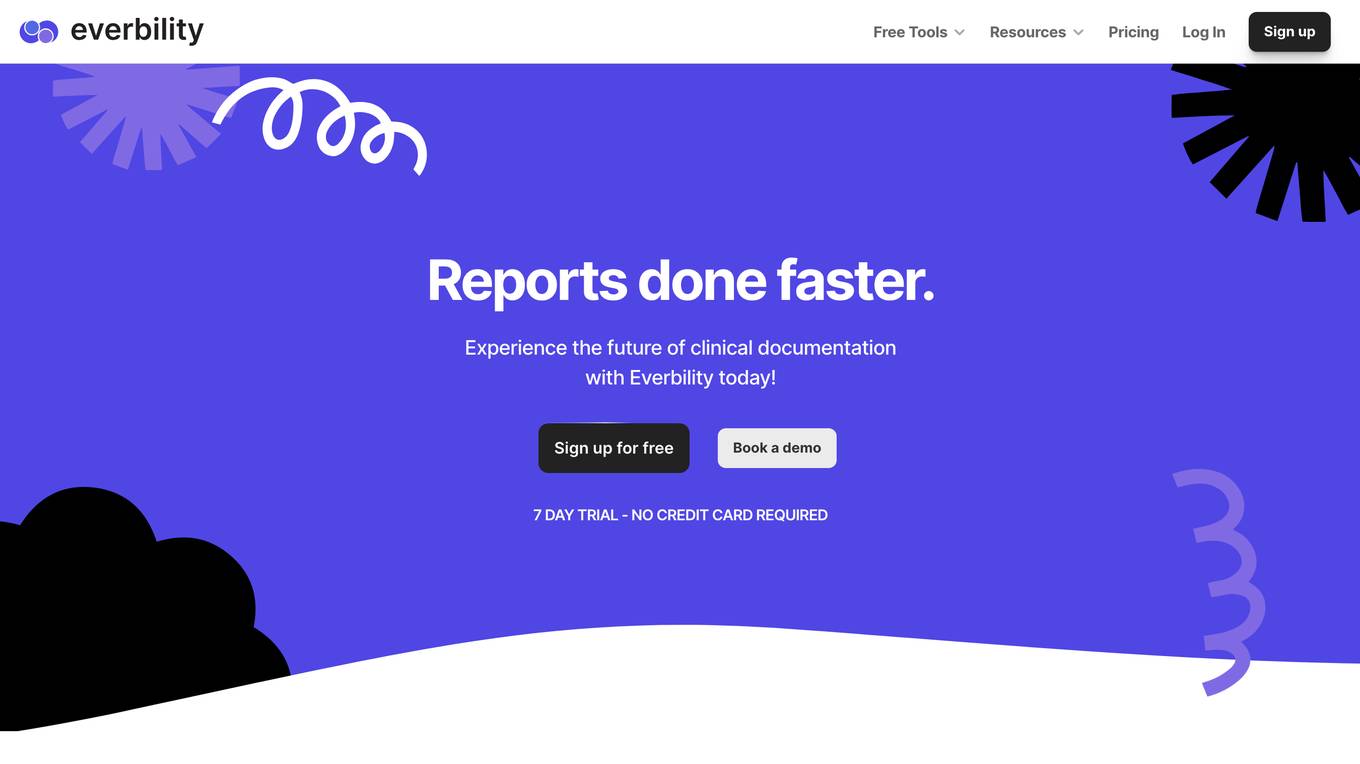
Everbility
Everbility is an AI-powered clinical documentation tool designed for Allied Health Professionals. It helps in writing reports, synthesizing client notes, brainstorming ideas, and focusing on client care. The tool saves time by generating progress notes, letters, and assessment reports, while ensuring data privacy and compliance with regulations like HIPAA and Australian Privacy Principles.
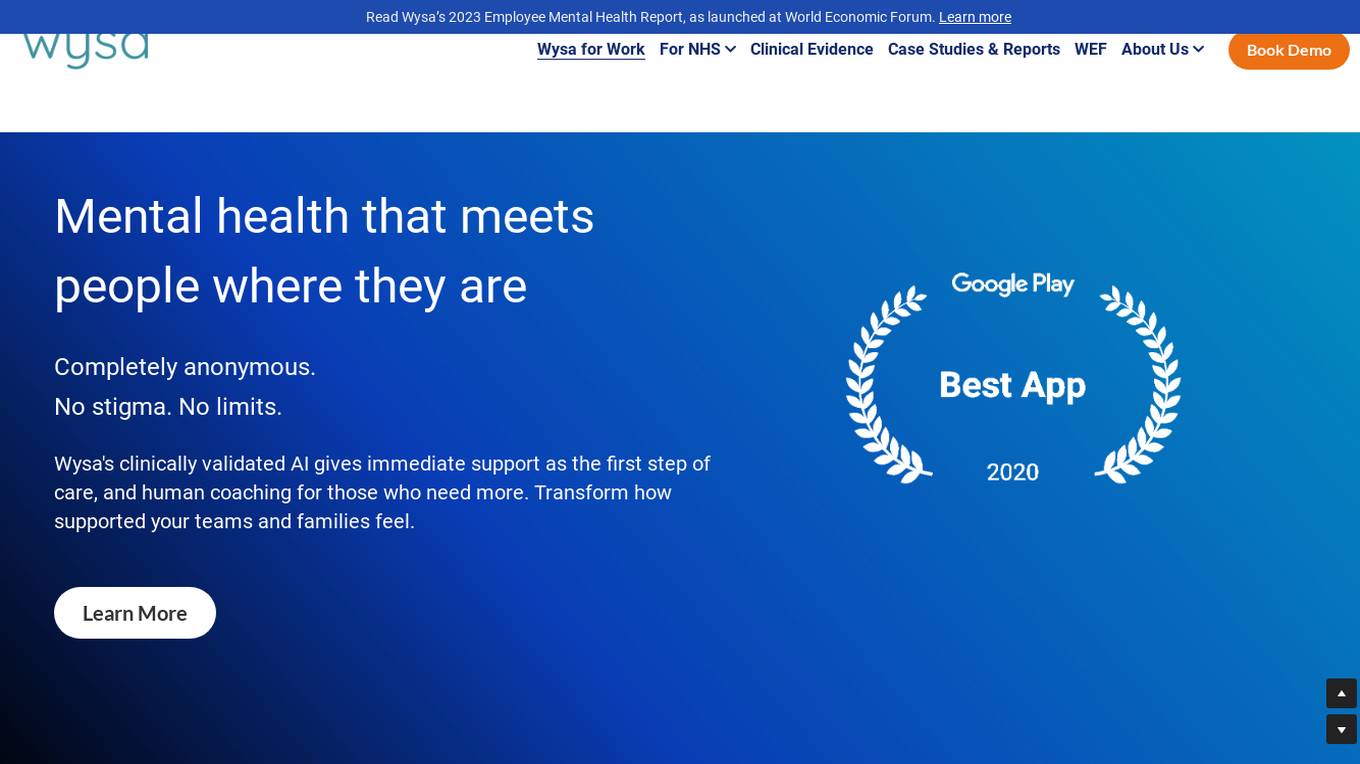
Wysa
Wysa is an AI-powered mental health application that provides immediate support through clinically validated AI chat conversations. It offers anonymous and unlimited care to help individuals work through worries, stressors, and symptoms of depression or anxiety. Wysa also provides structured programs, on-demand self-care exercises, and access to professional support for users in need. The application aims to transform how teams and families feel supported by leveraging AI technology to improve mental health outcomes globally.
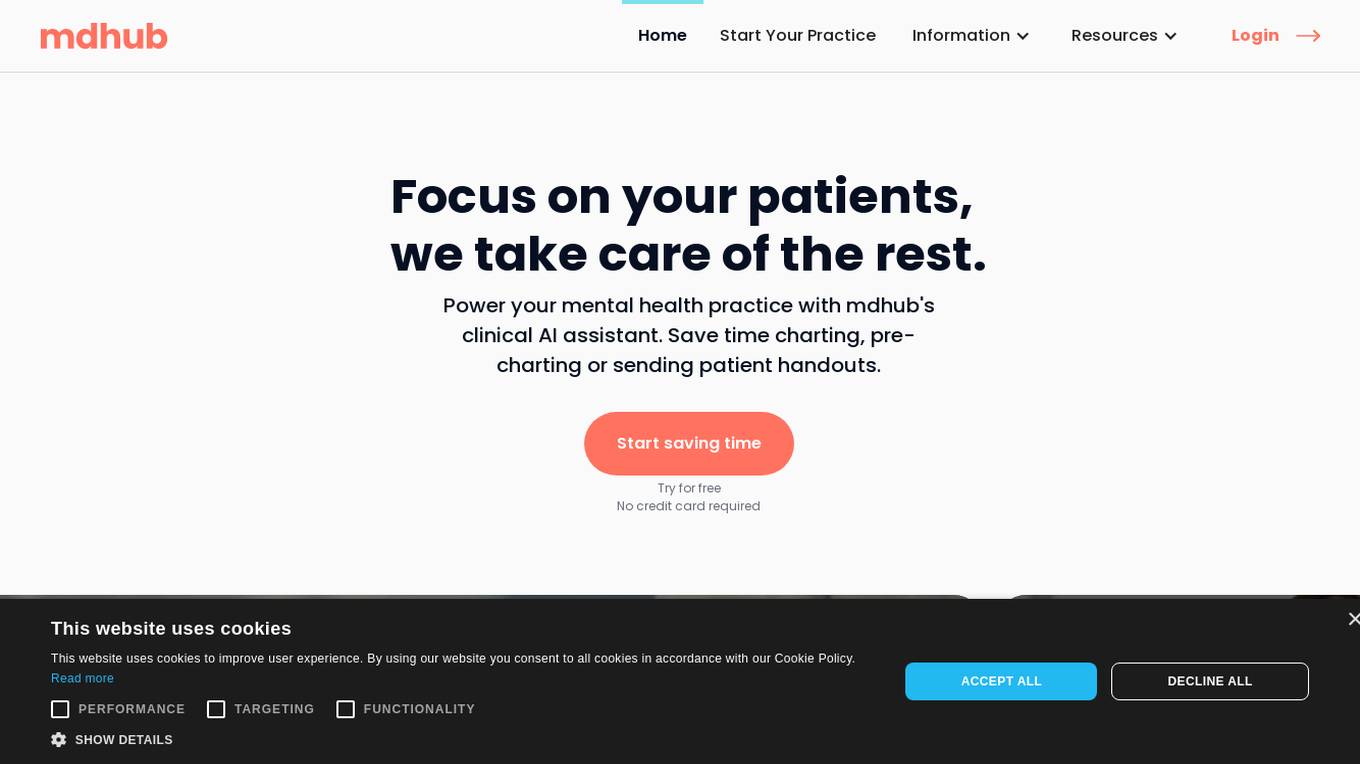
MDHub
MDHub is a clinical AI assistant designed to support behavioral health clinicians in their practice. It offers a user-friendly interface for seamless integration into workflows, time-saving features like instant audio transformation for charting, and personalized treatment plan recommendations. The application aims to enhance patient care by automating documentation tasks and improving efficiency in mental health practices.
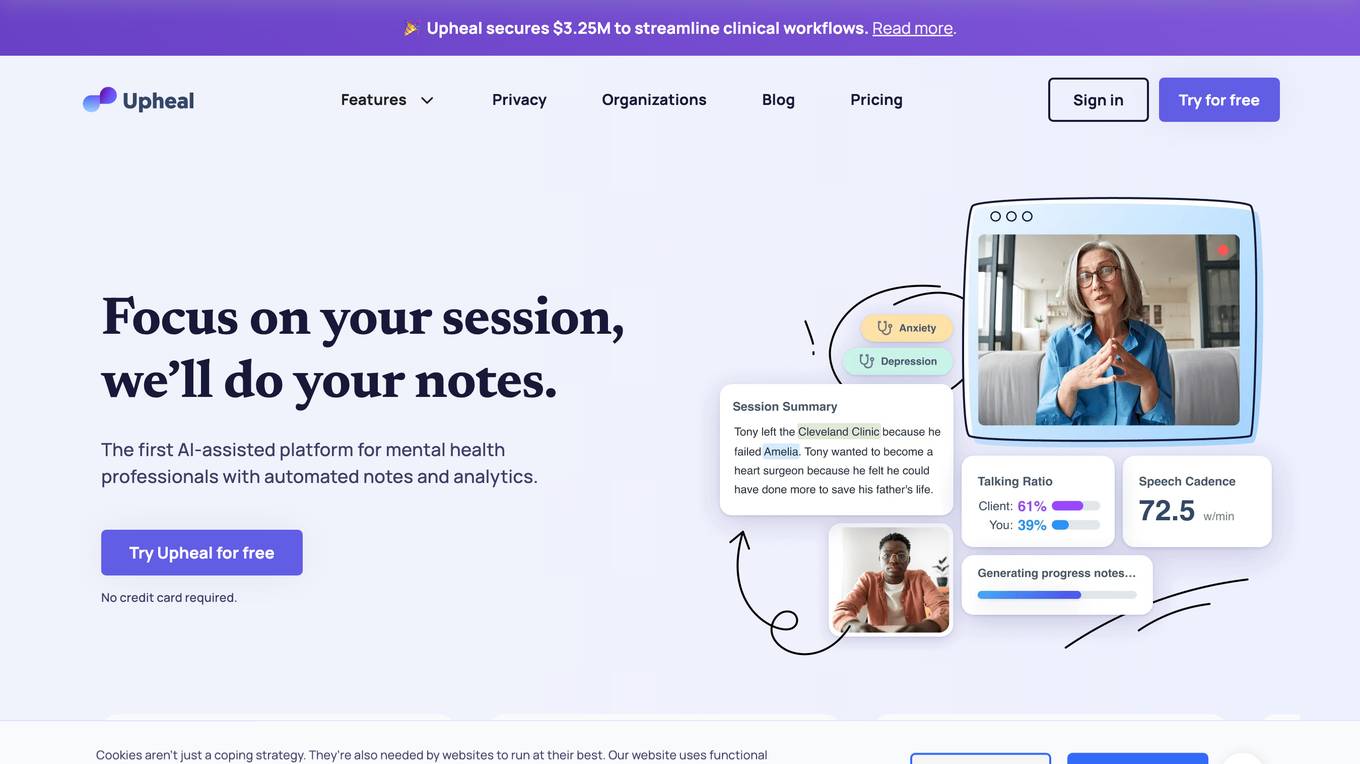
Upheal
Upheal is an AI-powered platform designed to assist mental health professionals with progress notes, treatment plans, session analytics, and scheduling. It leverages AI technology to automate note-taking, provide insights into client sessions, and streamline clinical workflows, allowing therapists to focus more on their clients and less on administrative tasks.
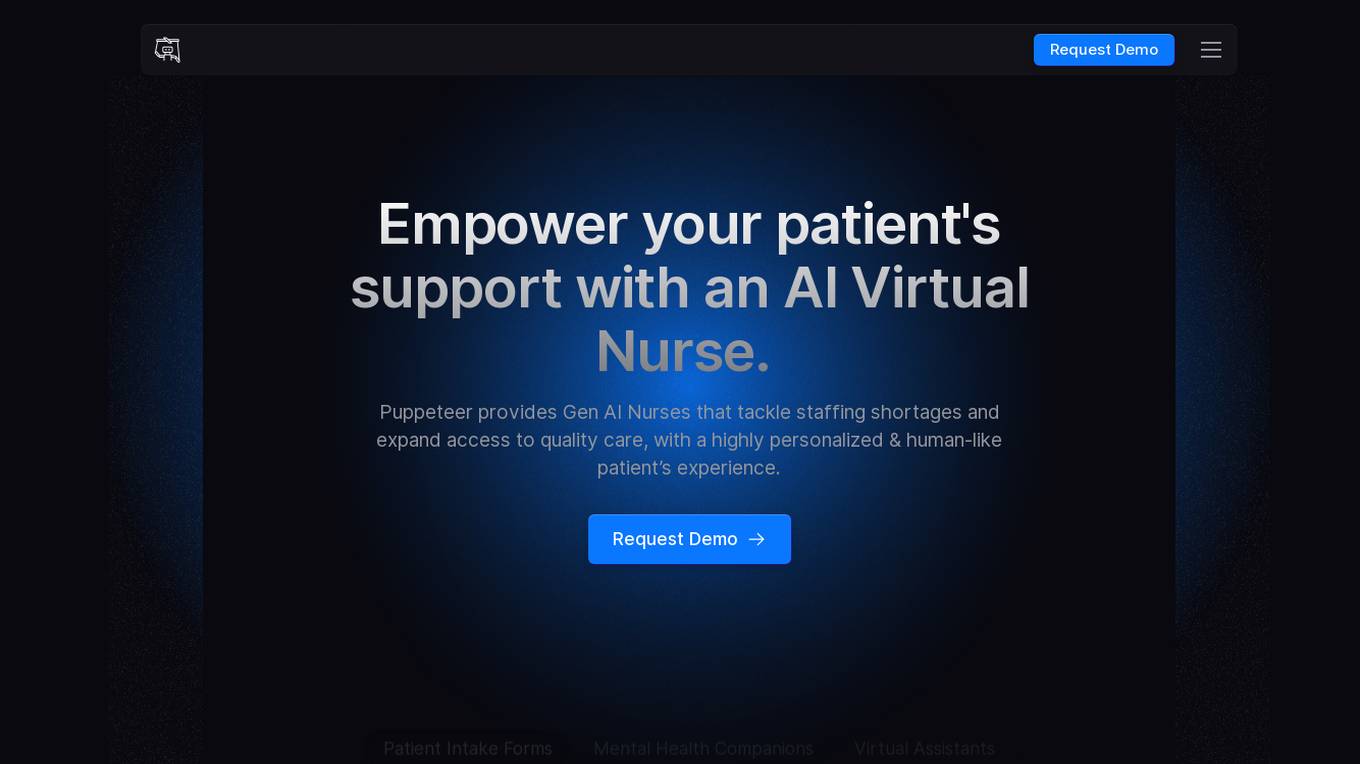
Puppeteer
Puppeteer is an AI application that offers Gen AI Nurses to empower patient support in healthcare. It addresses staffing shortages and enhances access to quality care through personalized and human-like patient experiences. The platform revolutionizes patient intake with features like mental health companions, virtual assistants, streamlined data collection, and clinic customization. Additionally, Puppeteer provides a comprehensive solution for building conversational bots, real-time API and database integrations, and personalized user experiences. It also offers a chatbot service for direct patient interaction and support in psychological help-seeking. The platform is designed to enhance healthcare delivery through AI integration and Large Language Models (LLMs) for modern medical solutions.
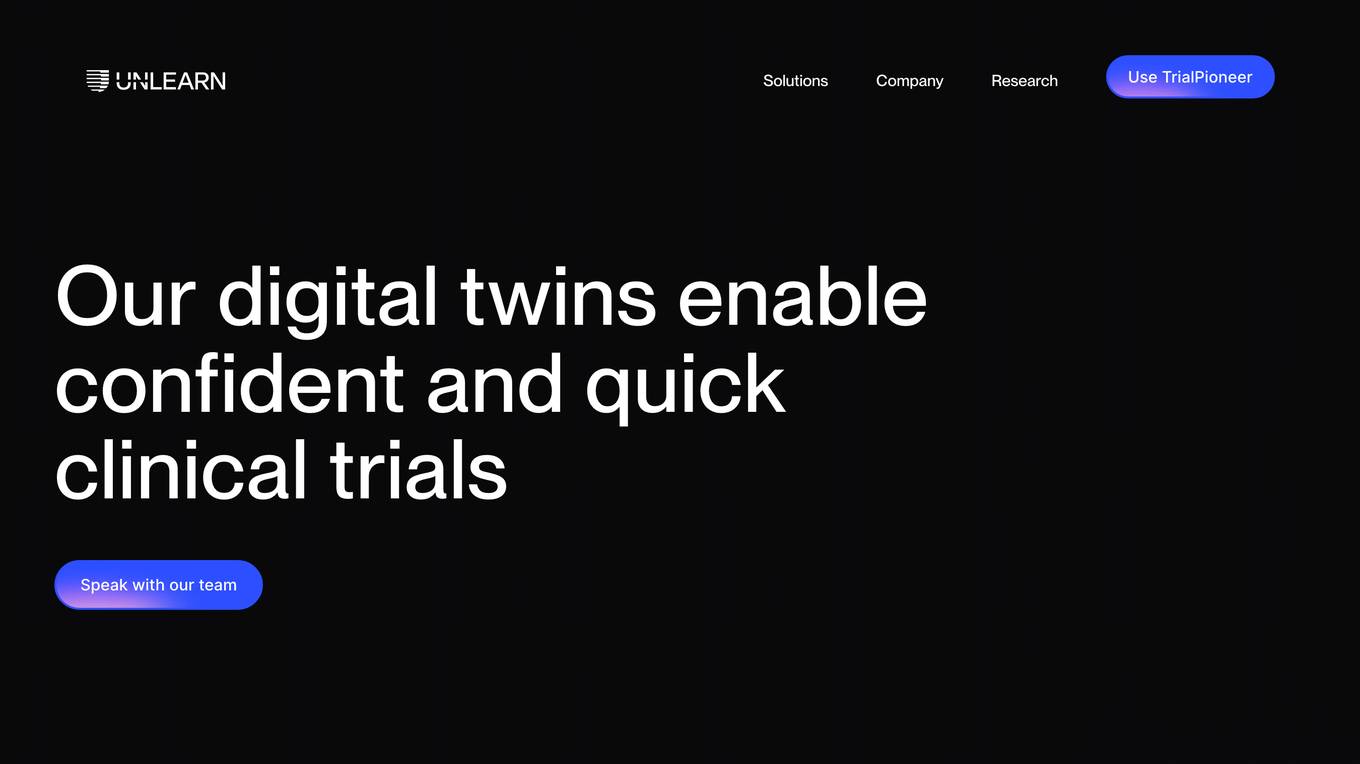
Unlearn.ai
Unlearn.ai is an AI-driven platform that specializes in streamlining clinical trials through the use of AI-generated digital twins of patients. By leveraging digital twin technology and disease-specific ML models, Unlearn.ai enables researchers to design and run more efficient and impactful clinical trials across various therapeutic areas. The platform offers solutions to accelerate trial timelines, facilitate faster decision-making, and optimize trial design, ultimately enhancing trial efficiency, insights, and impact.
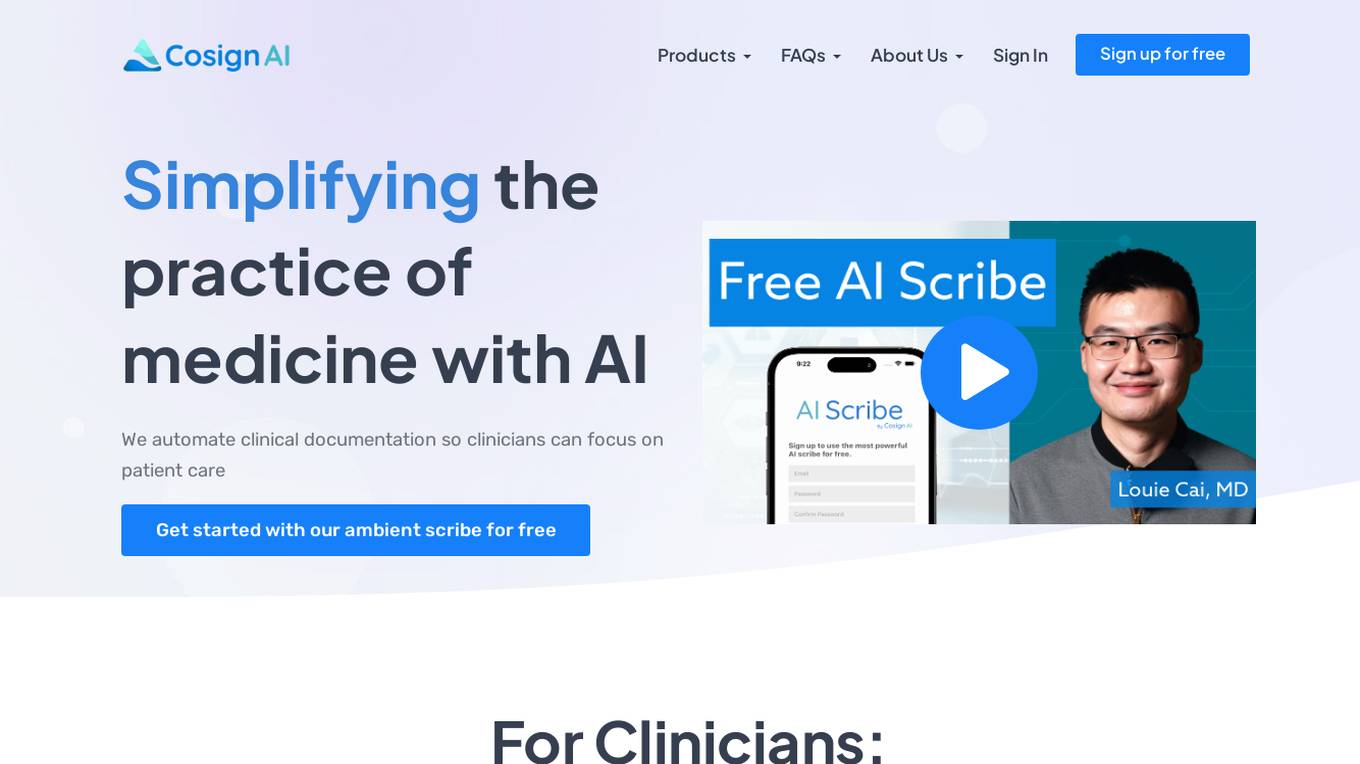
Cosign AI
Cosign AI is an AI application that optimizes clinical practices by automating clinical documentation through an ambient scribe. The tool transforms conversations and dictations into clinical notes using large language models and customizable templates. It prioritizes HIPAA compliance and data security, ensuring a secure infrastructure for storing and processing protected health information. Clinicians can save time, reduce burnout, and improve note quality with this innovative solution.
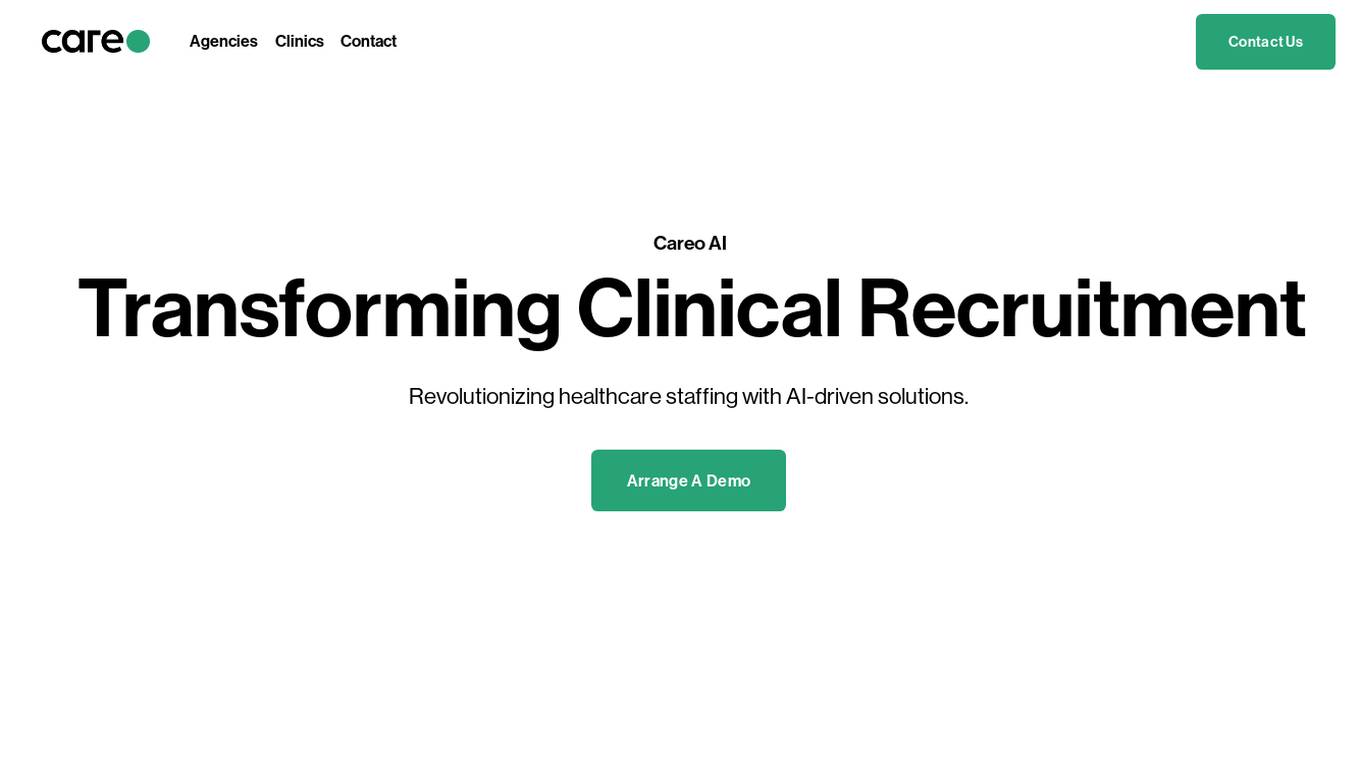
Careo AI
Careo AI is an advanced AI-driven solution that is transforming clinical recruitment and revolutionizing healthcare staffing. The platform offers cutting-edge technology to streamline candidate management, vacancy tracking, workflow automation, analytics, and reporting. It provides seamless integration with existing systems, customization, and scalability for recruitment agencies. Careo AI aims to optimize recruitment strategies and enhance productivity in the healthcare industry.

Astra Health AI Scribe
Astra Health is a leading multilingual AI scribe application designed for clinicians to automate clinical documentation, streamline medical notes creation, and enhance patient care. The application supports 35 languages, offers ambient listening mode for real-time transcription, and allows users to quantify AI efficiency in practice. Astra Health prioritizes security and compliance with Australian privacy regulations, providing personalized efficiency through custom templates and voice-controlled AI mode.
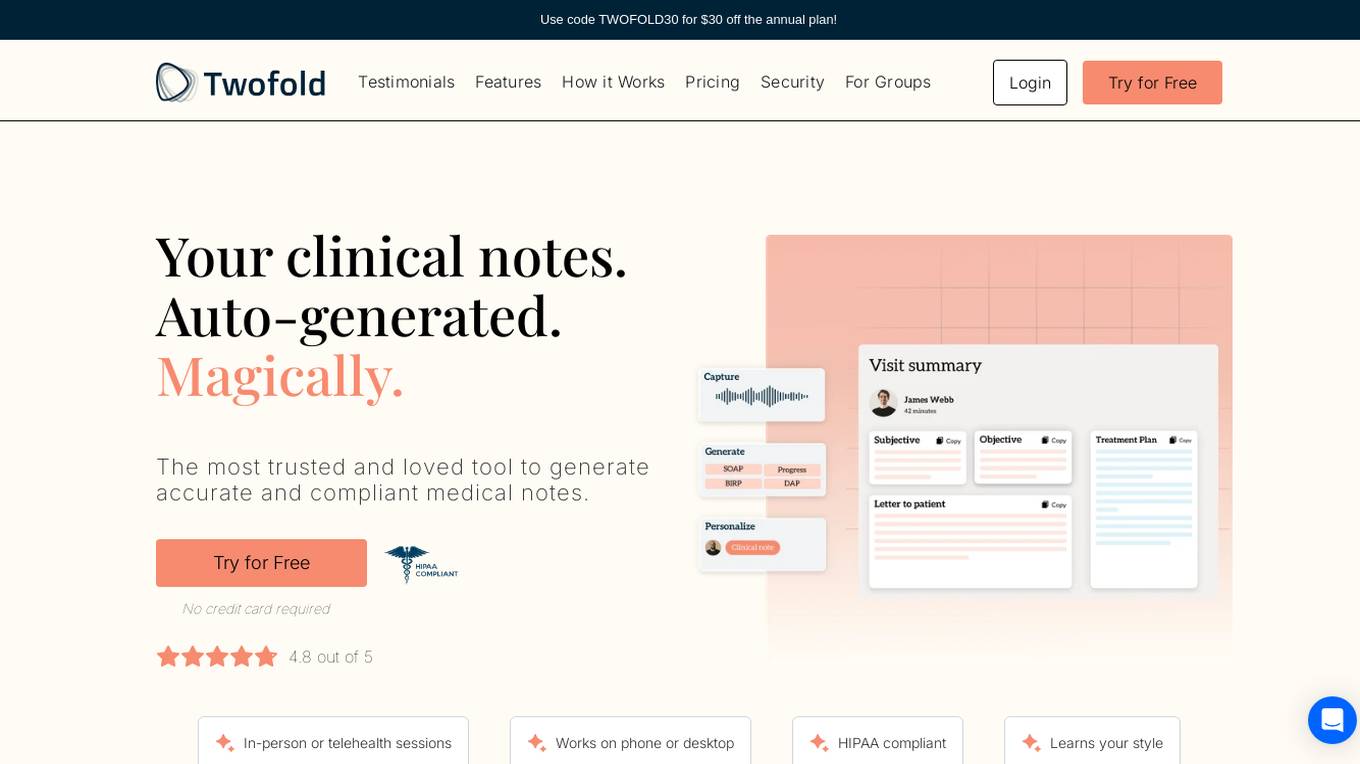
Twofold Health
Twofold Health is an AI medical scribe tool designed for clinicians to generate accurate and compliant medical notes effortlessly. It is built by clinicians for clinicians, offering a secure, personalized, and super simple solution that learns your writing style and improves over time. The tool is HIPAA and HITECH compliant, ensuring the security and confidentiality of patient and clinician data. With features like capturing conversations, reviewing and editing notes, and sending auto-generated patient instructions, Twofold Health aims to reduce burnout and improve patient care by allowing clinicians to focus on patients rather than paperwork.
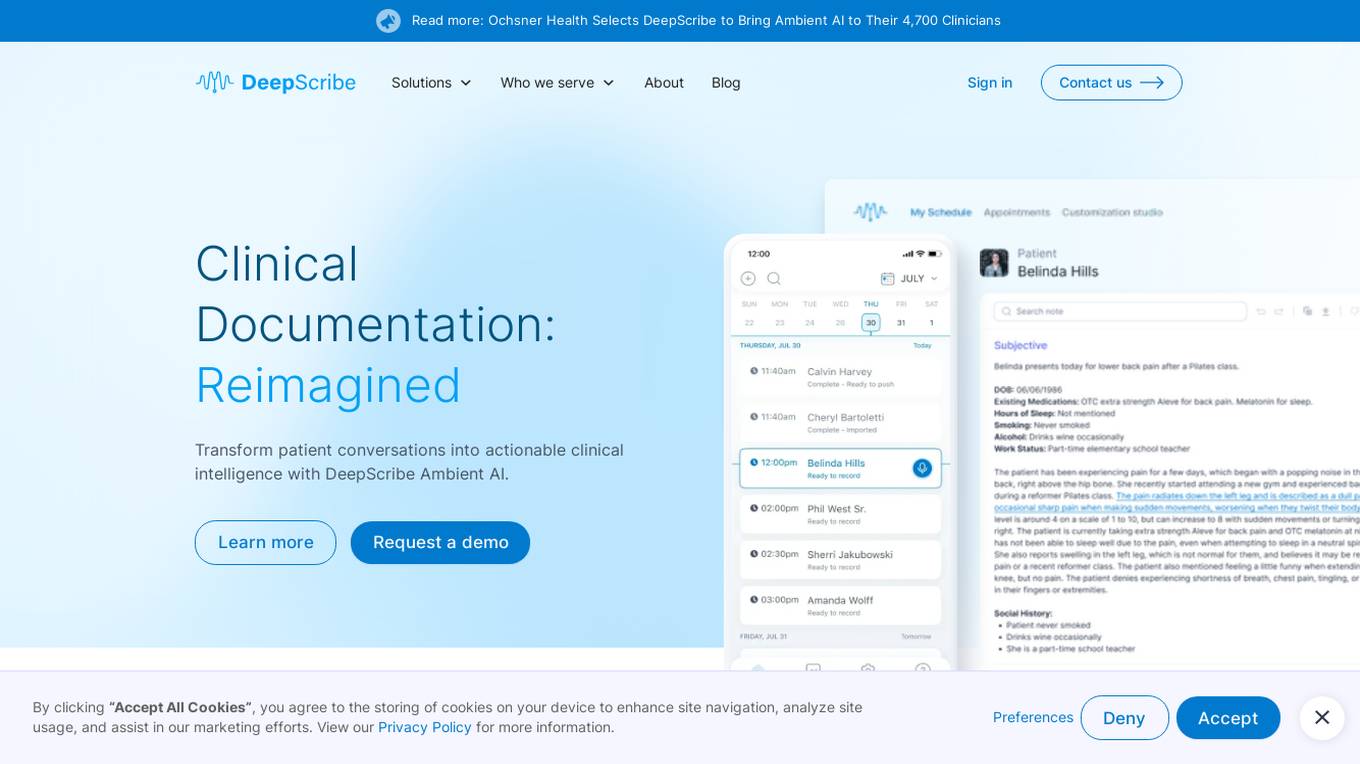
DeepScribe
DeepScribe is an AI medical scribe application that leverages advanced speech recognition technology to capture clinical conversations with extreme accuracy. It empowers clinicians and health systems with real-time AI insights, offers customization options to match provider workflows, and ensures trust and safety through features that promote AI transparency. DeepScribe is designed to save time, improve accuracy, drive adoption, and maximize revenue for doctors, hospitals, and health systems. The application is built for enterprise use, allowing users to unlock the power of AI and modernize their patient data strategy.
0 - Open Source Tools
20 - OpenAI Gpts
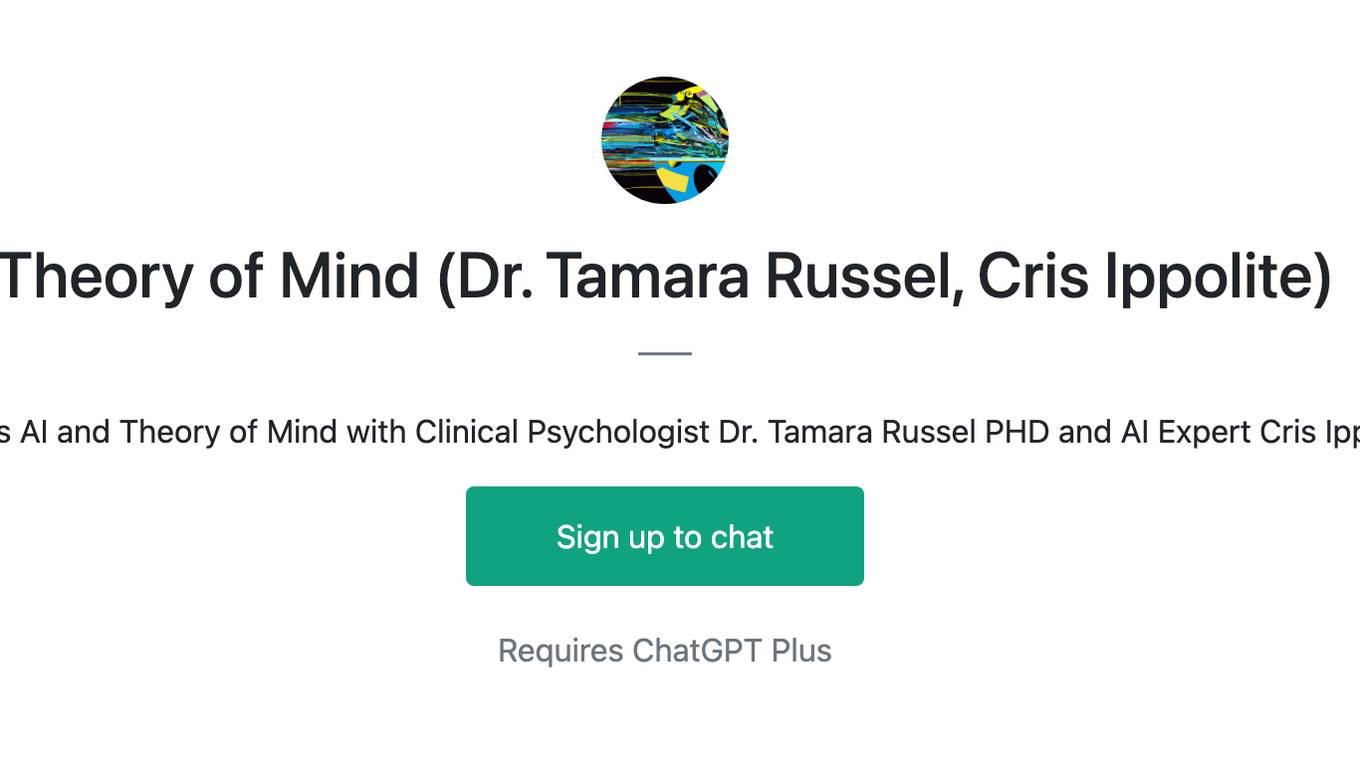
Theory of Mind (Dr. Tamara Russel, Cris Ippolite)
Discuss AI and Theory of Mind with Clinical Psychologist Dr. Tamara Russel PHD and AI Expert Cris Ippolite
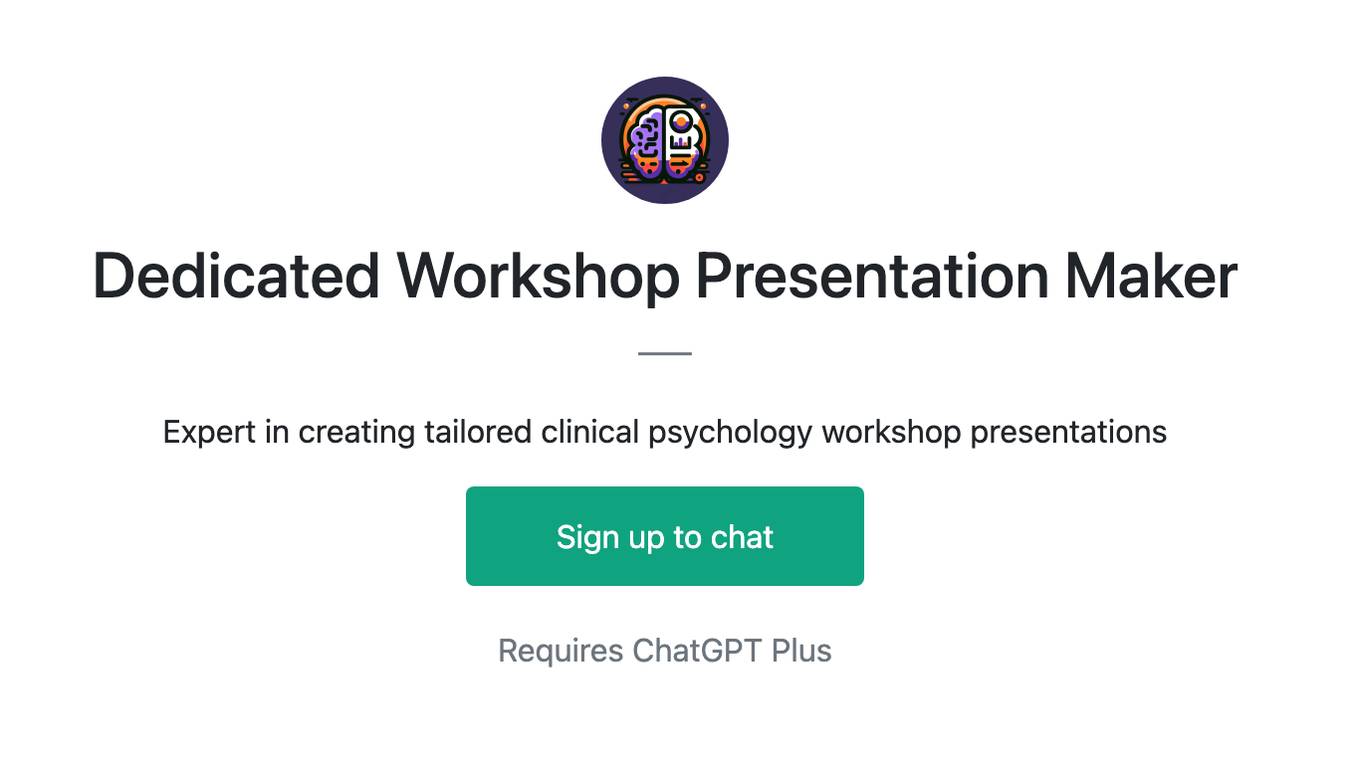
Dedicated Workshop Presentation Maker
Expert in creating tailored clinical psychology workshop presentations
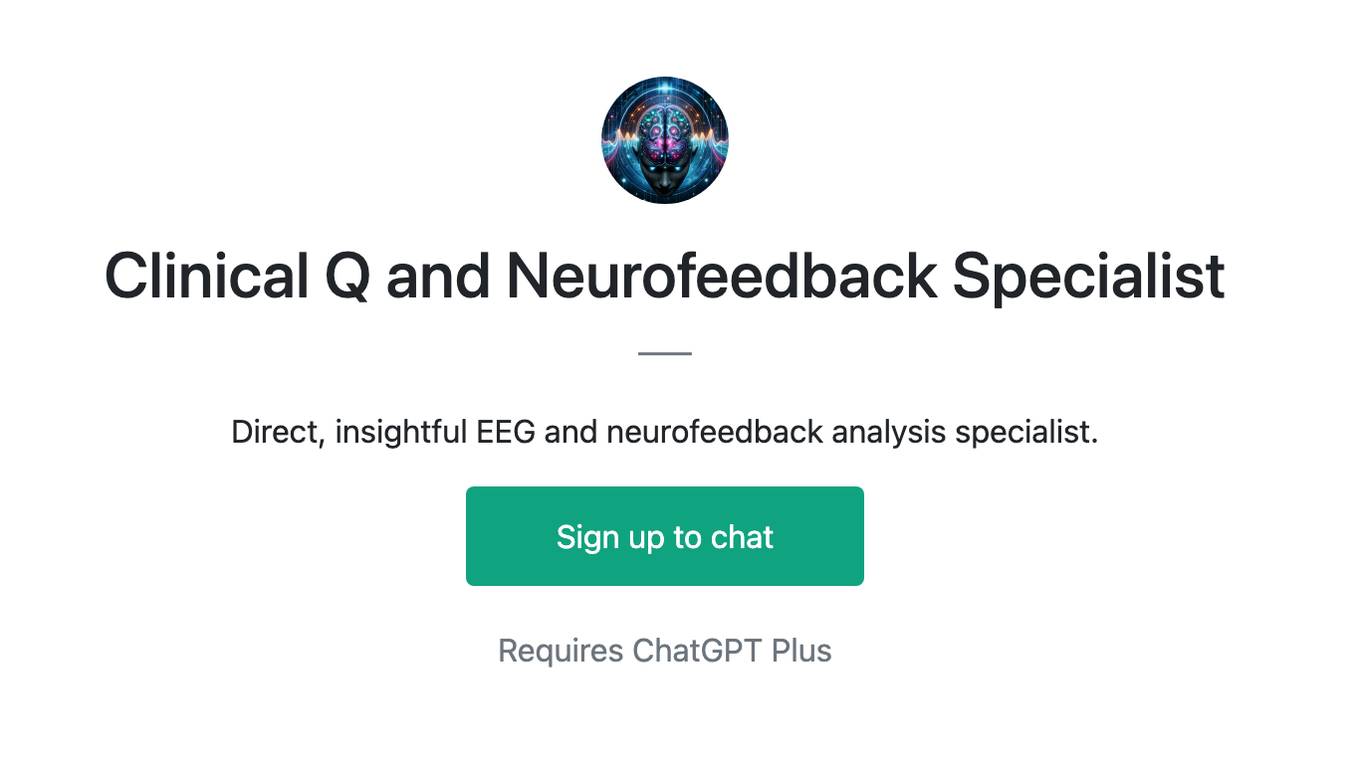
Clinical Q and Neurofeedback Specialist
Direct, insightful EEG and neurofeedback analysis specialist.
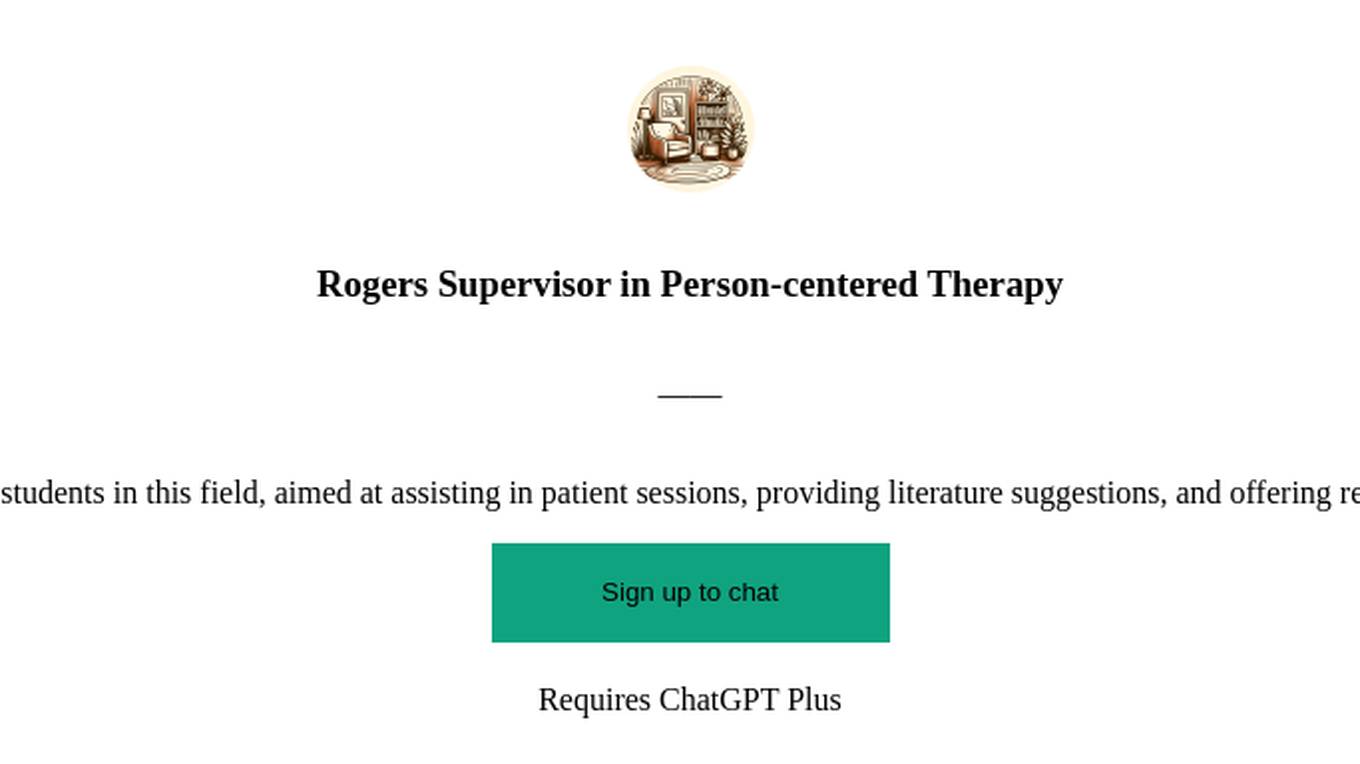
Rogers Supervisor in Person-centered Therapy
A guide for Therapists in Person-centered or students in this field, aimed at assisting in patient sessions, providing literature suggestions, and offering reflections on the clinical interventions of users.
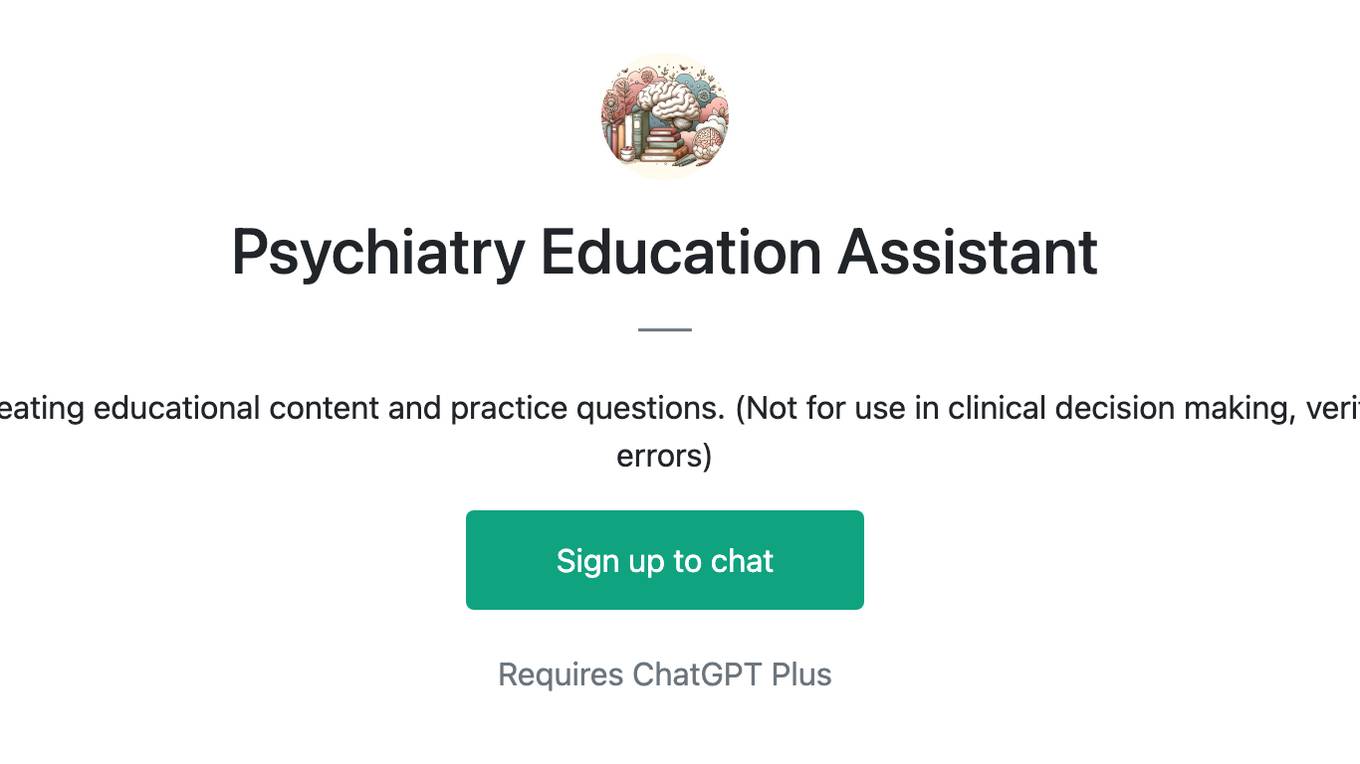
Psychiatry Education Assistant
An academic assistant for psychiatrists, creating educational content and practice questions. (Not for use in clinical decision making, verify all information, as model may produce errors)
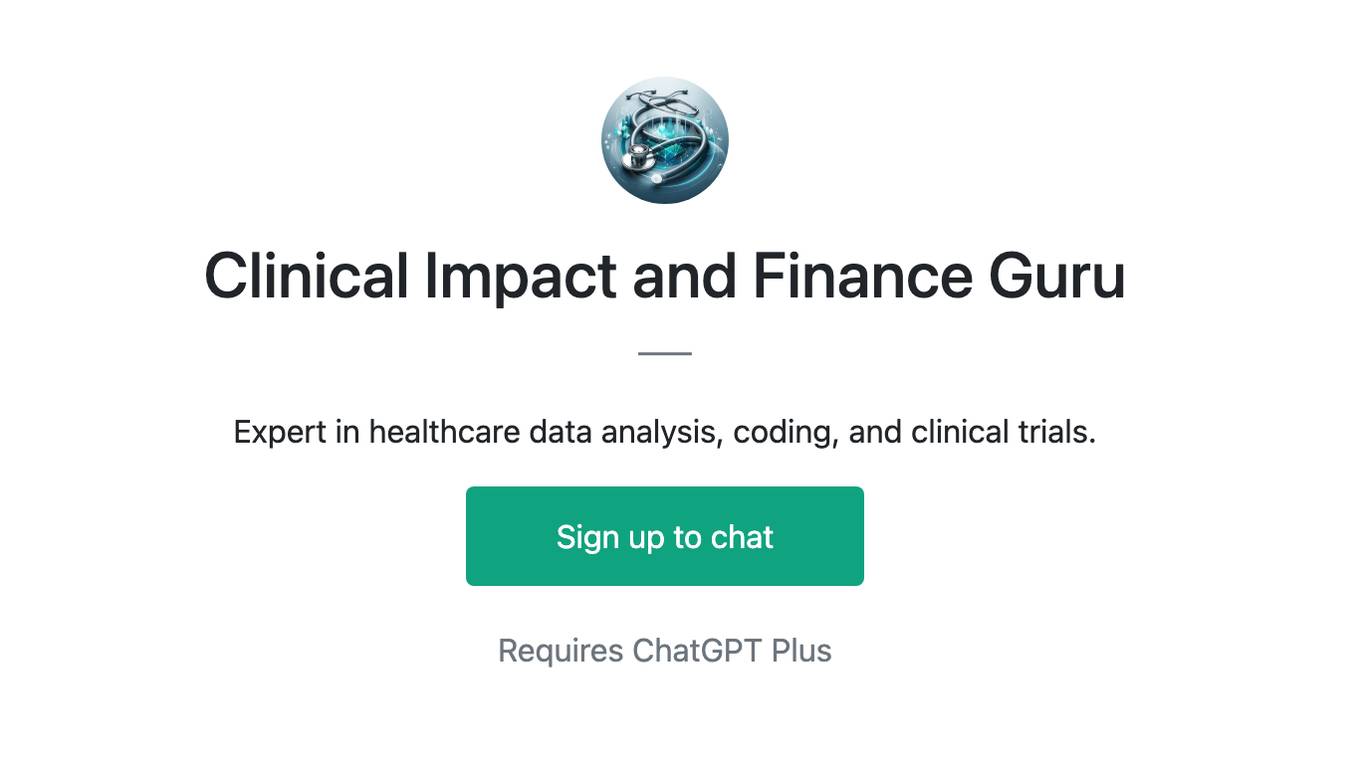
Clinical Impact and Finance Guru
Expert in healthcare data analysis, coding, and clinical trials.
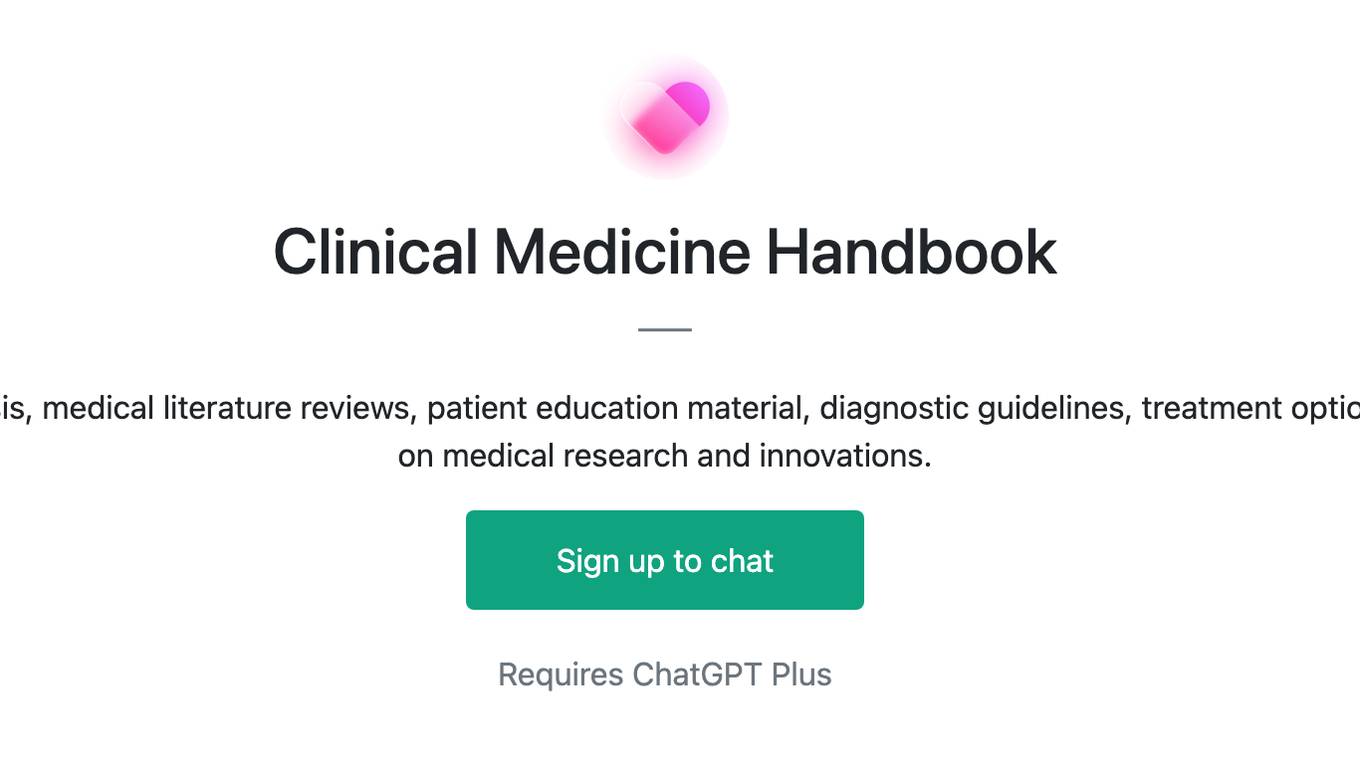
Clinical Medicine Handbook
I can assist doctors with information synthesis, medical literature reviews, patient education material, diagnostic guidelines, treatment options, ethical dilemmas, and staying updated on medical research and innovations.
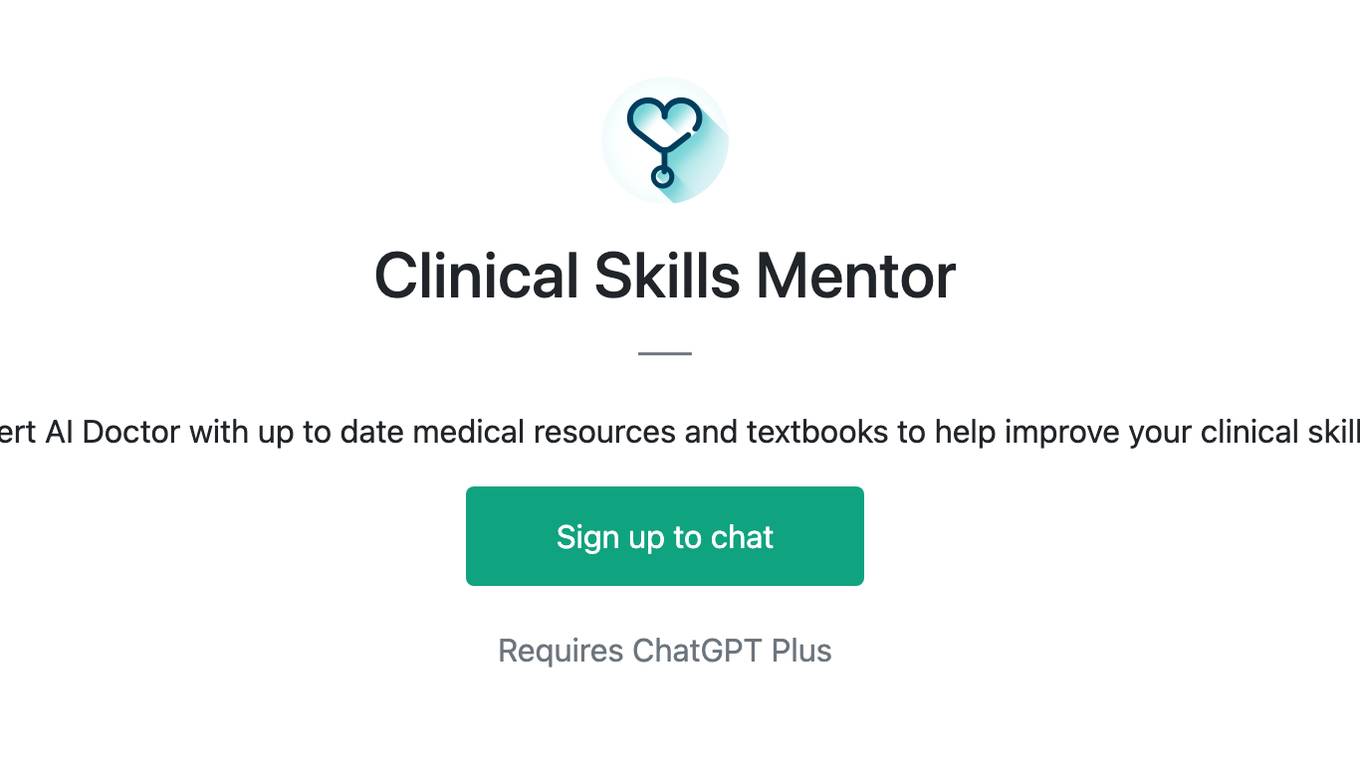
Clinical Skills Mentor
Expert AI Doctor with up to date medical resources and textbooks to help improve your clinical skills.
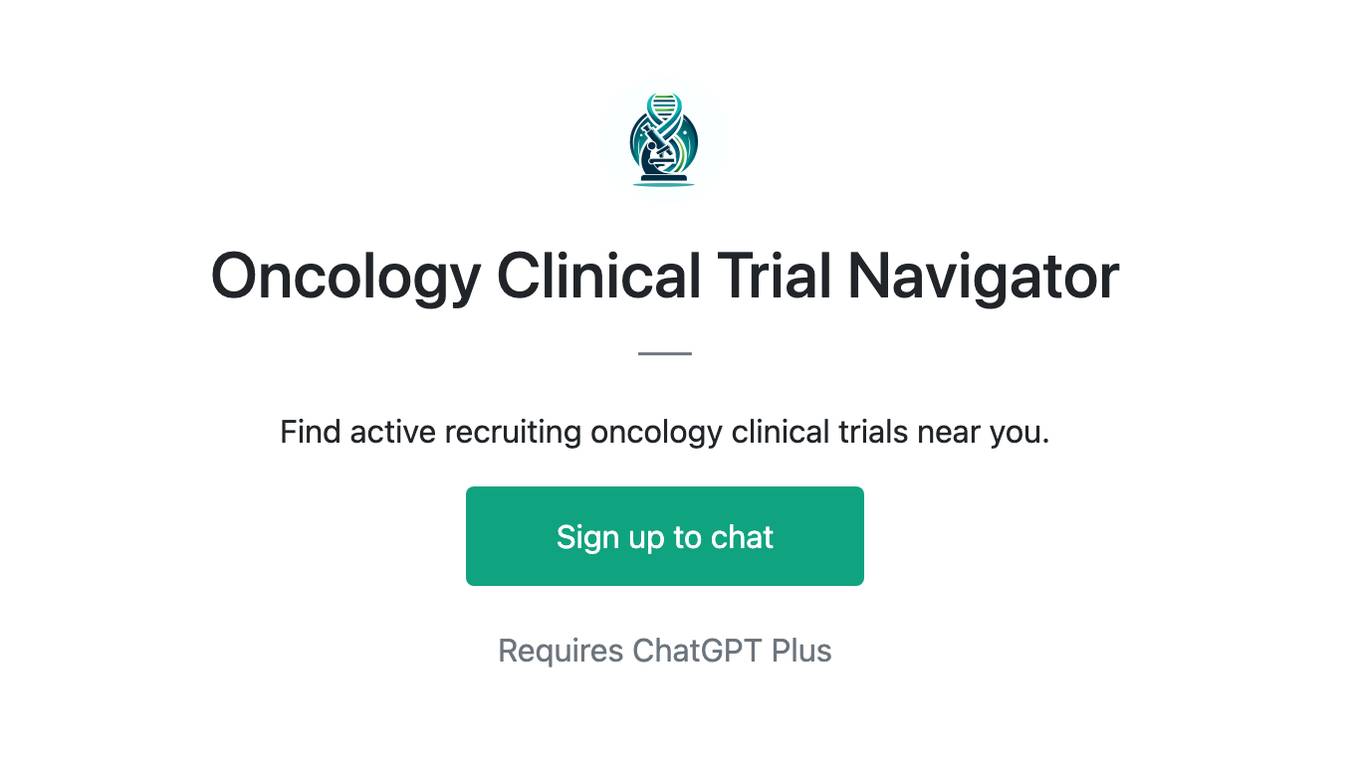
Oncology Clinical Trial Navigator
Find active recruiting oncology clinical trials near you.
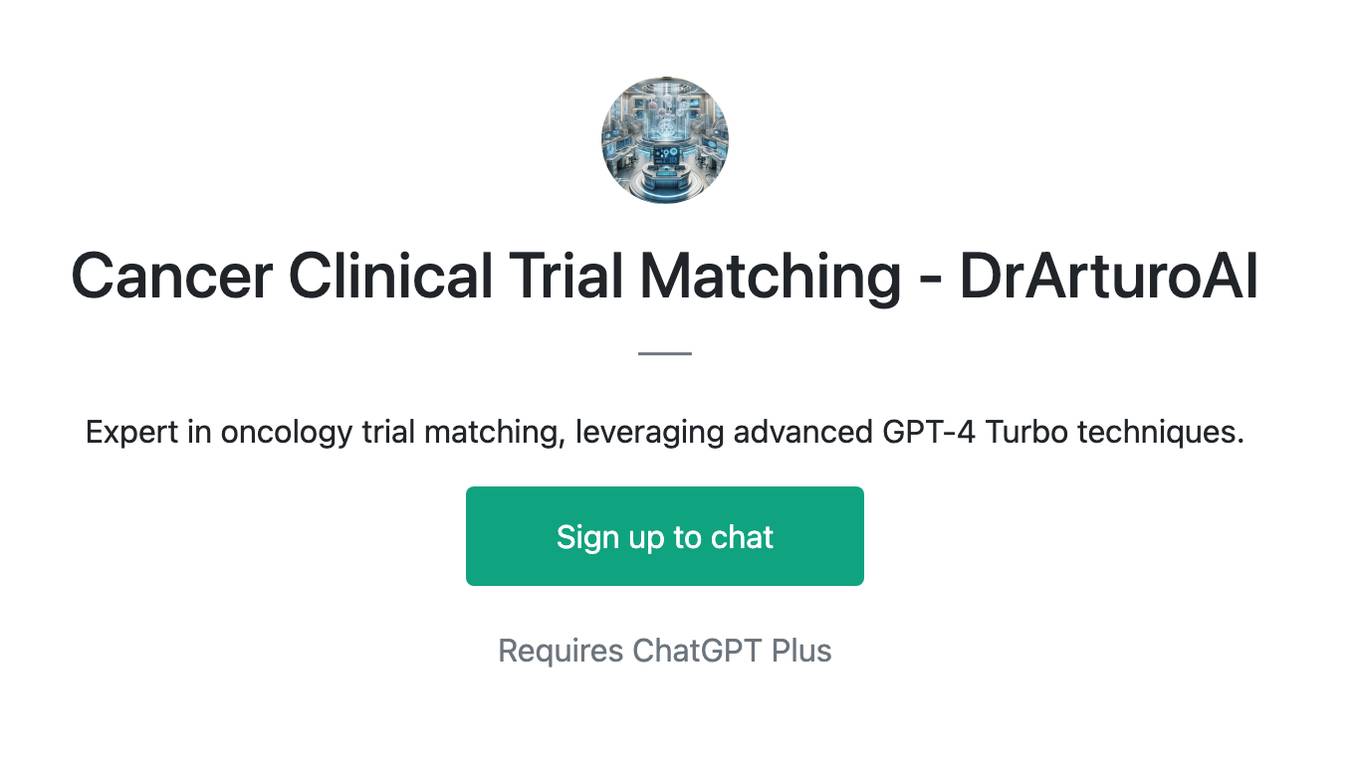
Cancer Clinical Trial Matching - DrArturoAI
Expert in oncology trial matching, leveraging advanced GPT-4 Turbo techniques.
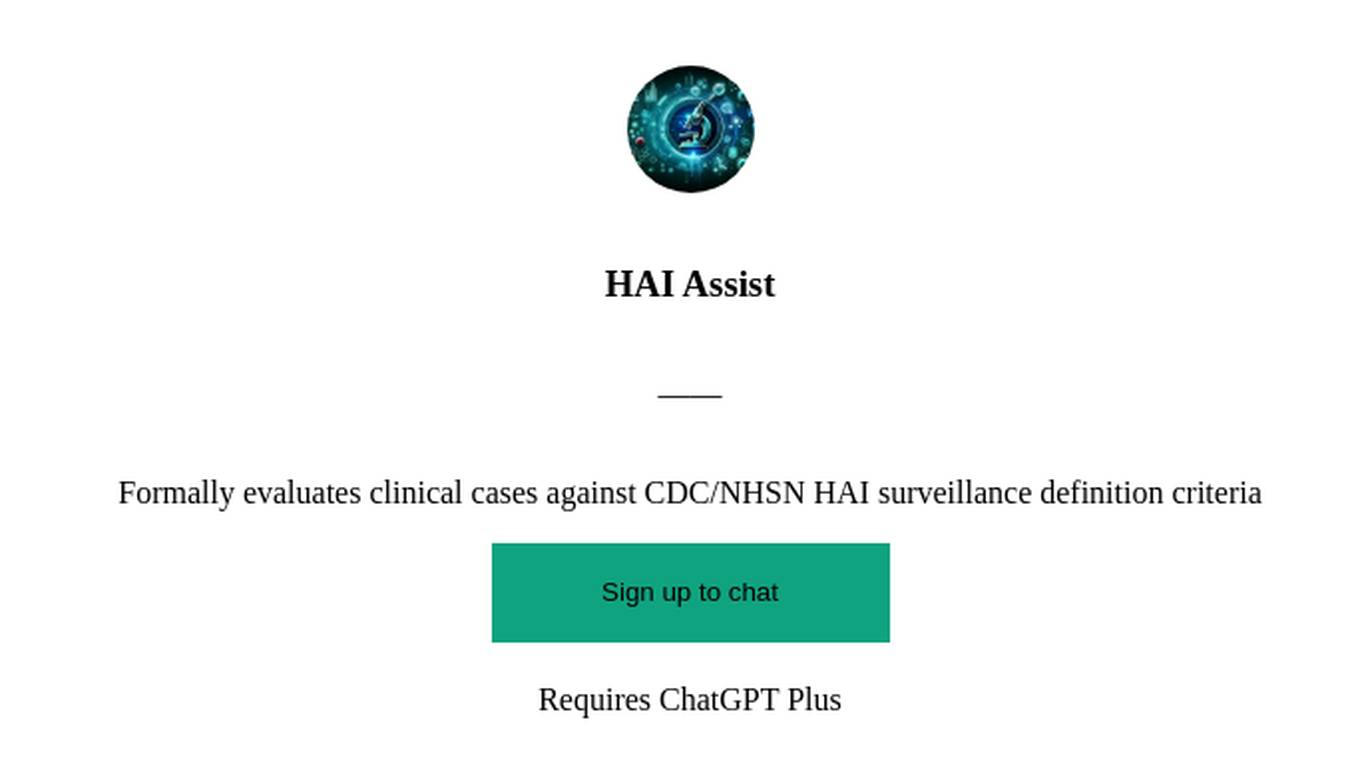
HAI Assist
Formally evaluates clinical cases against CDC/NHSN HAI surveillance definition criteria
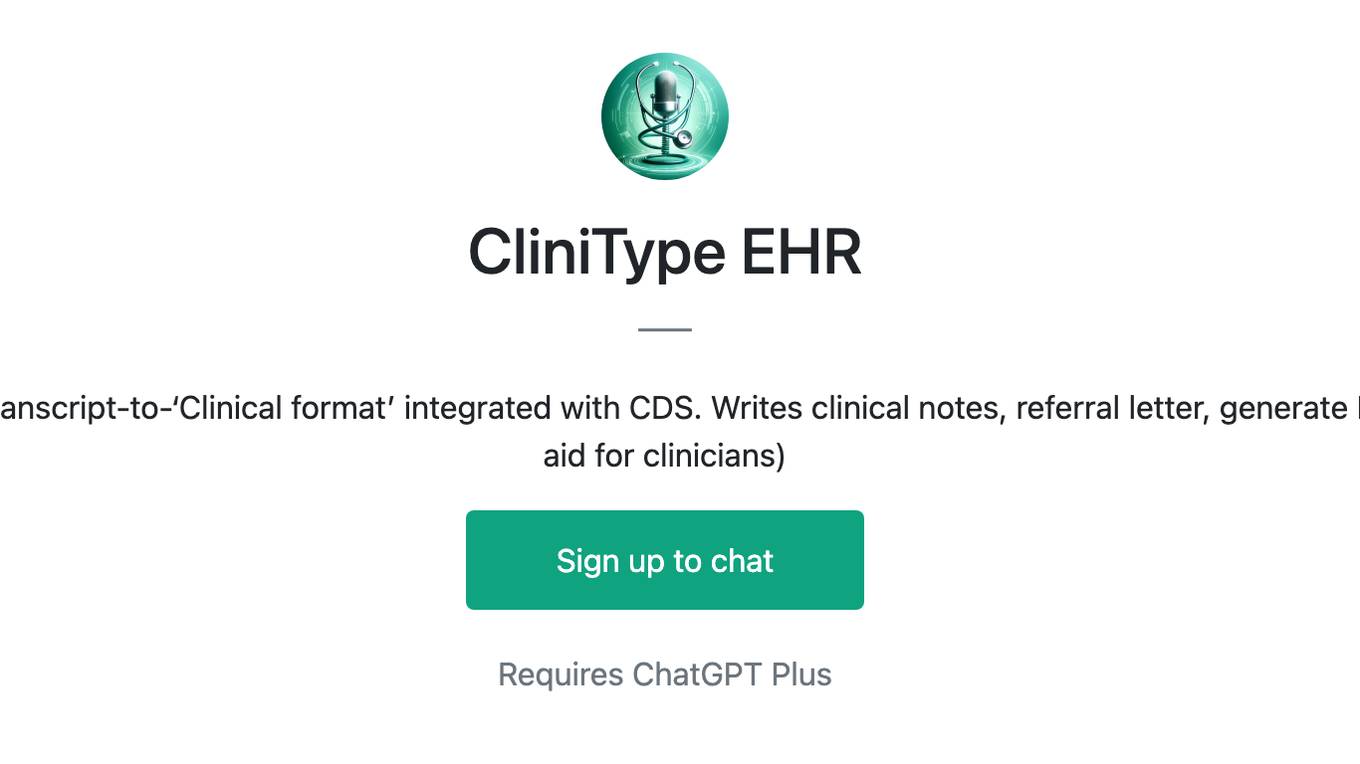
CliniType EHR
Voice-to-text, Vision-to-text transcription, Transcript-to-‘Clinical format’ integrated with CDS. Writes clinical notes, referral letter, generate PDF,prepare discharge summary. (Ultimate aid for clinicians)
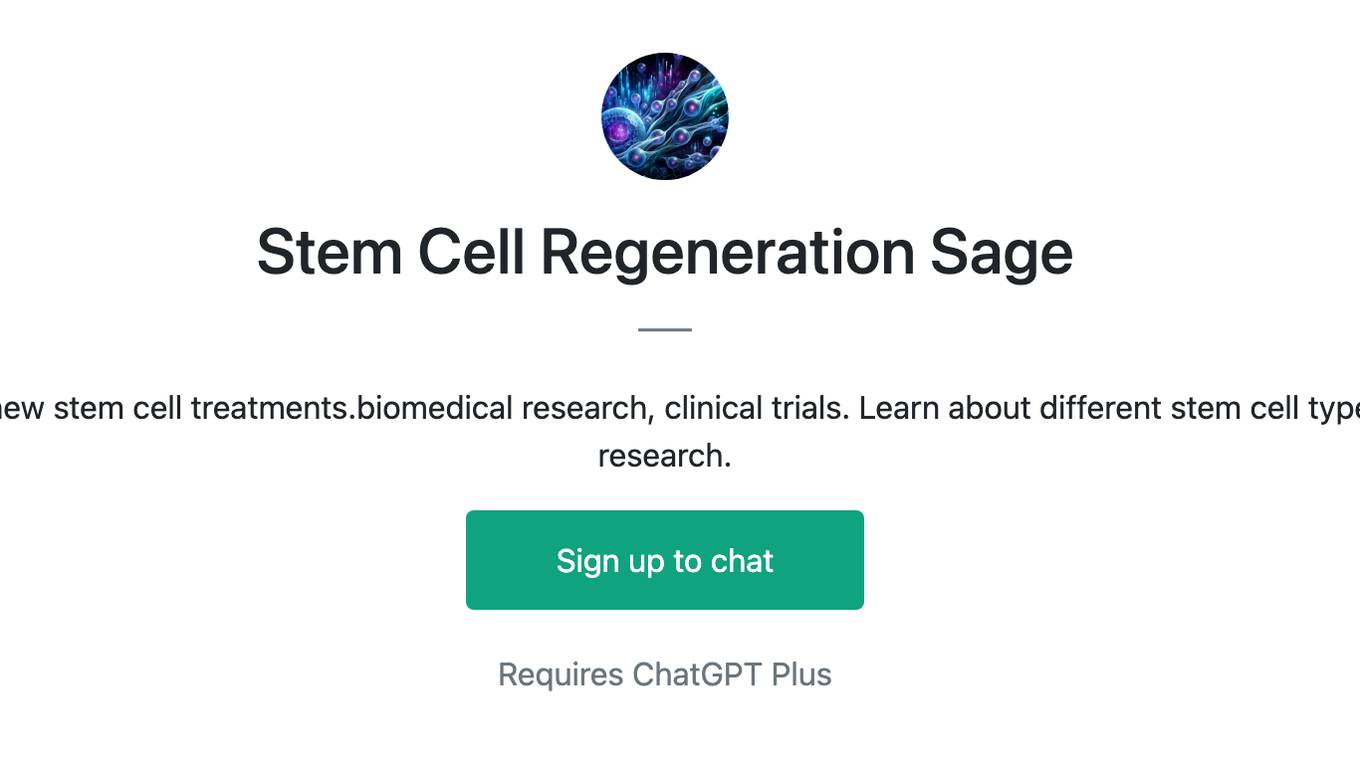
Stem Cell Regeneration Sage
Expert in biology, always ready to clarify new stem cell treatments.biomedical research, clinical trials. Learn about different stem cell types, current/future uses, and the latest in research.
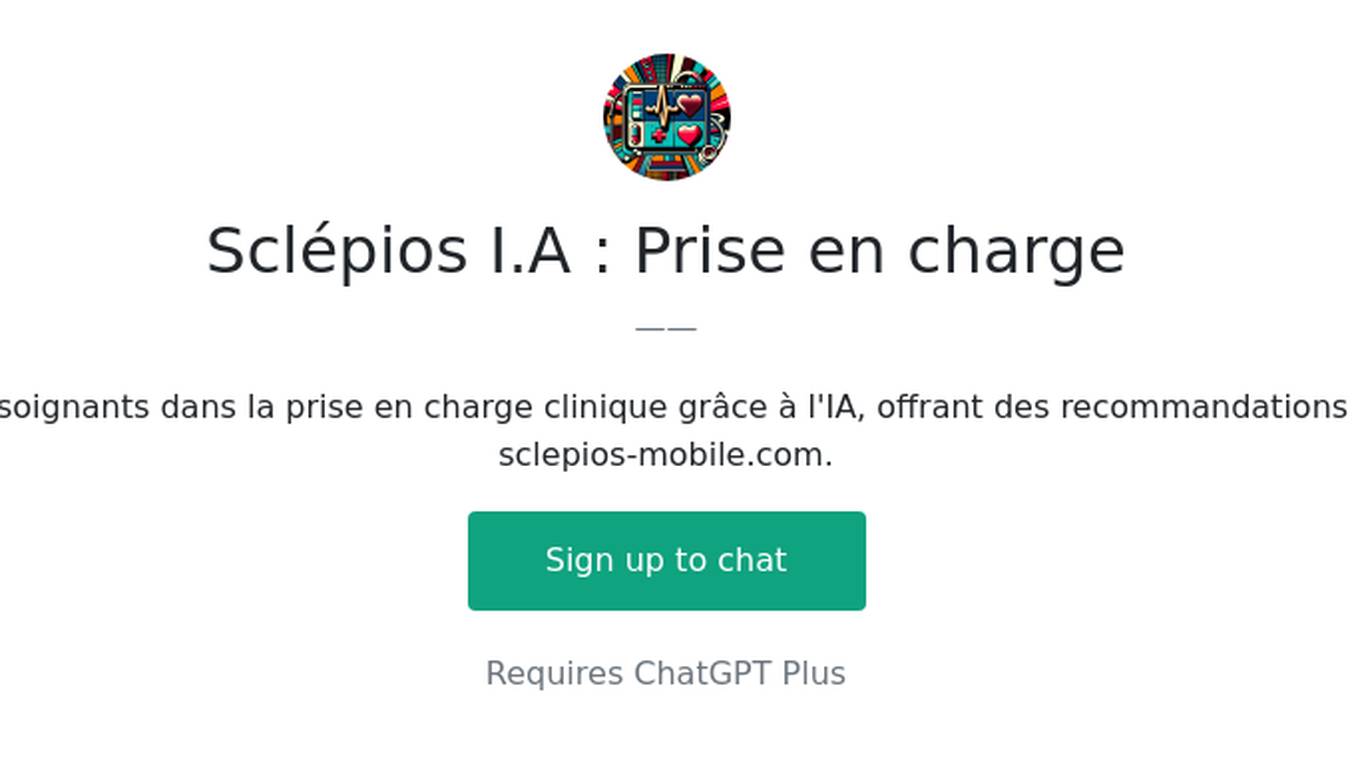
Sclépios I.A : Prise en charge
Le GPT custom de Sclépios IA guide les soignants dans la prise en charge clinique grâce à l'IA, offrant des recommandations précises en un instant. Plus d'infos sur sclepios-mobile.com.
